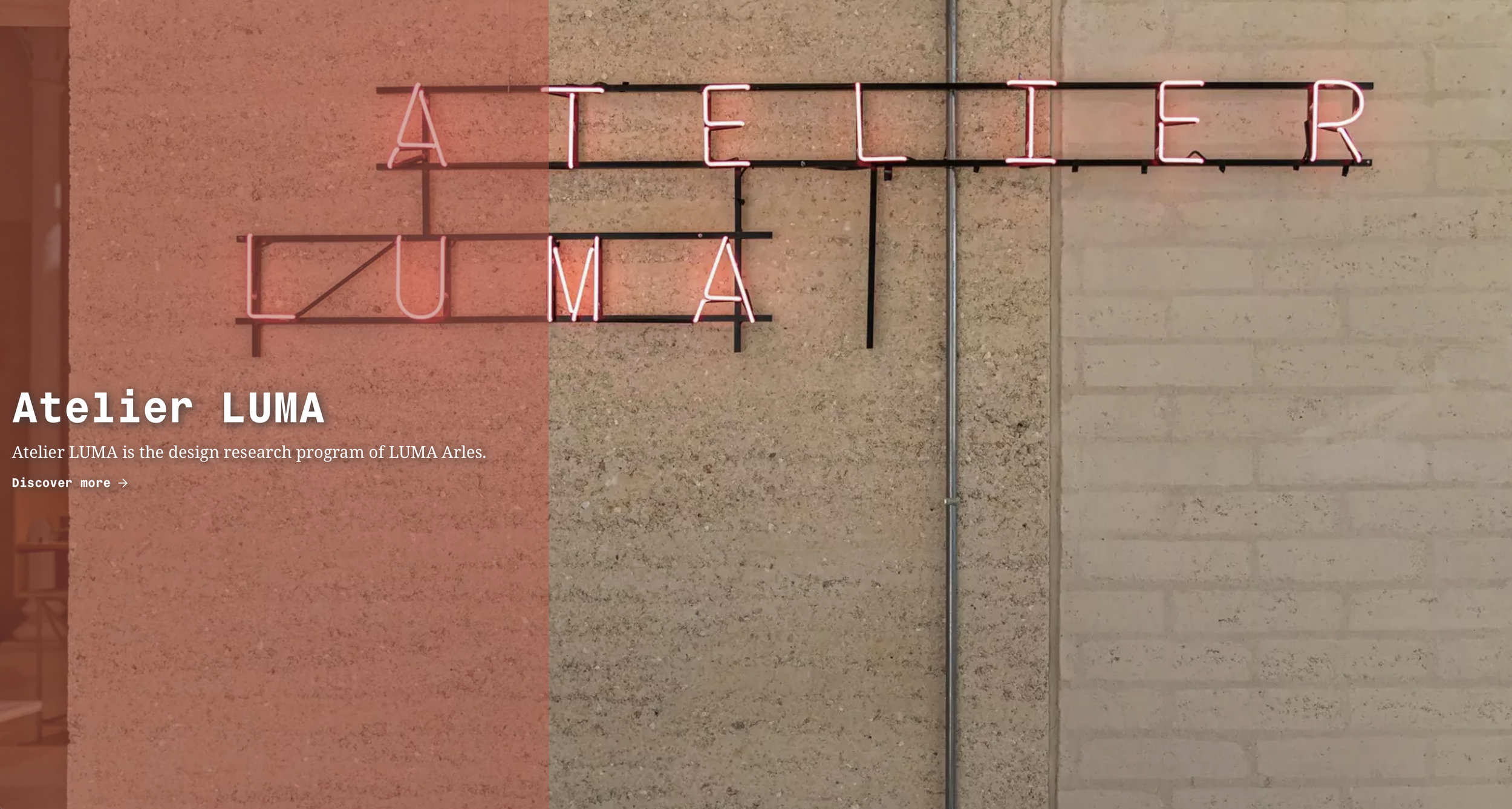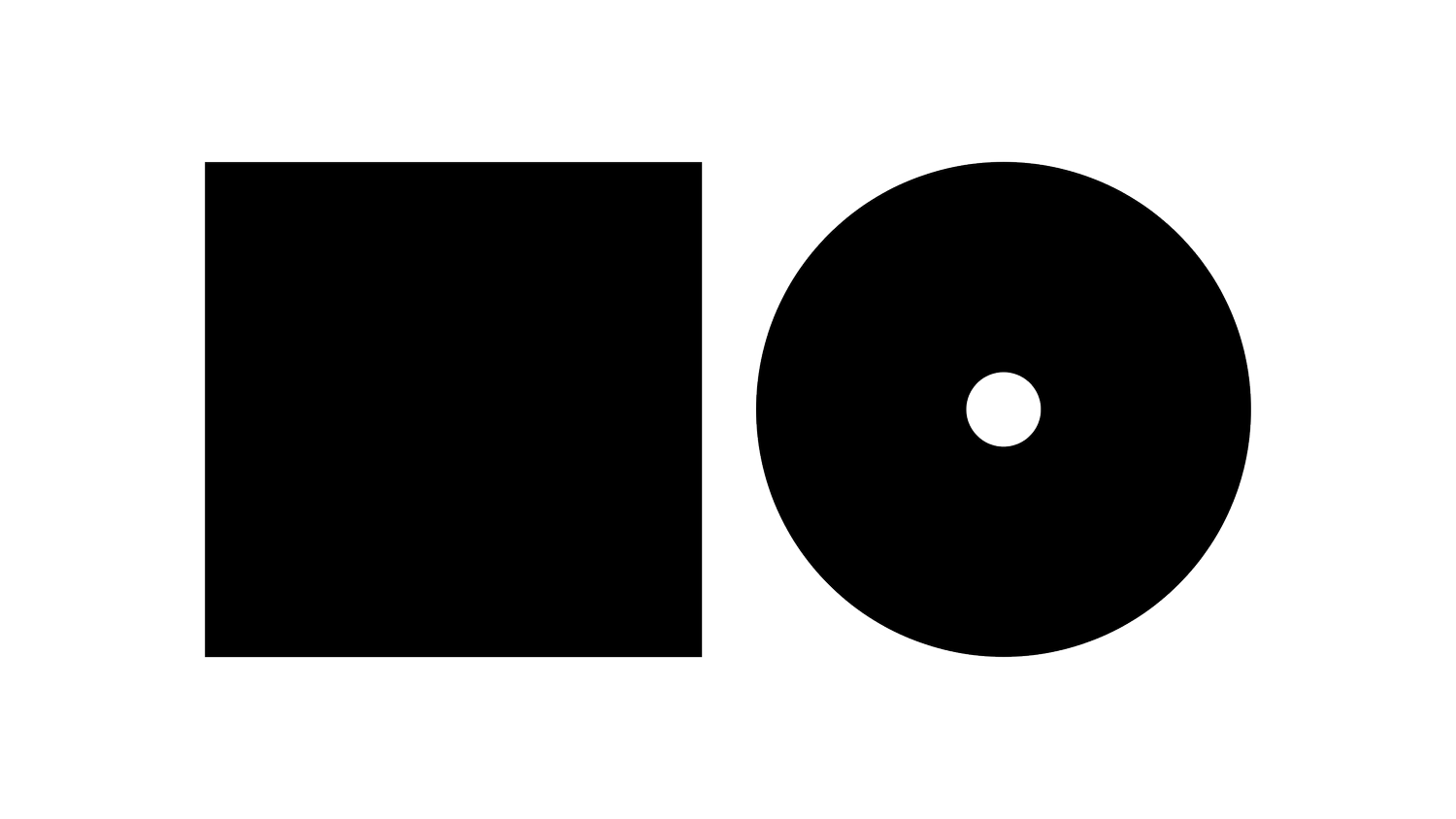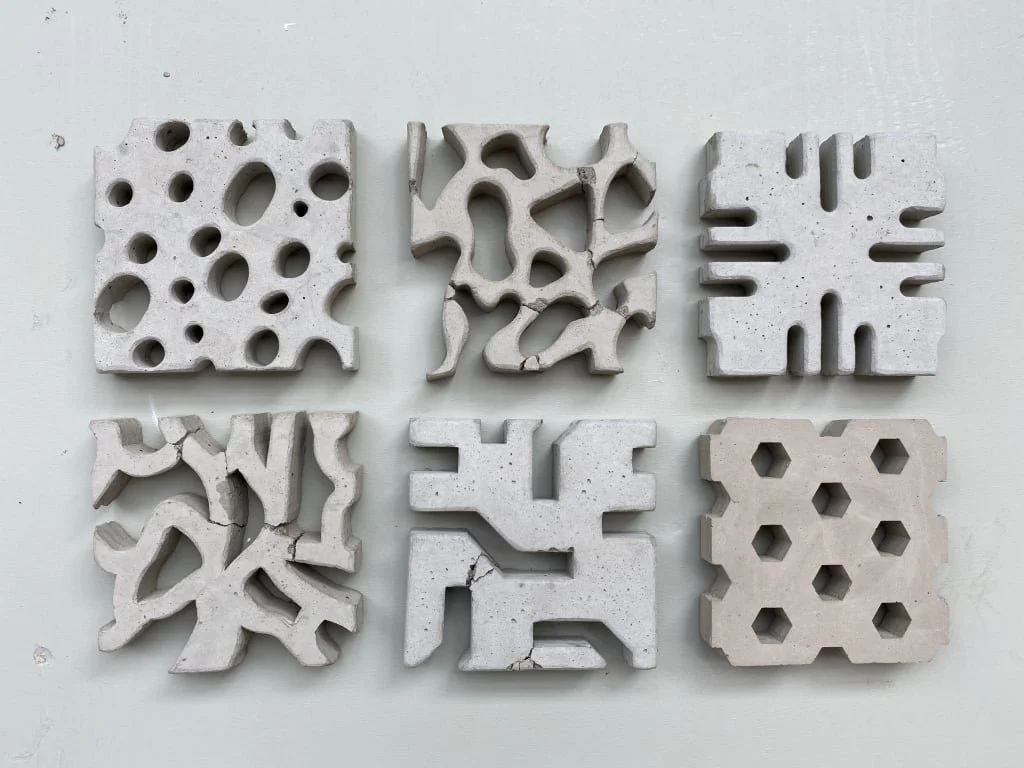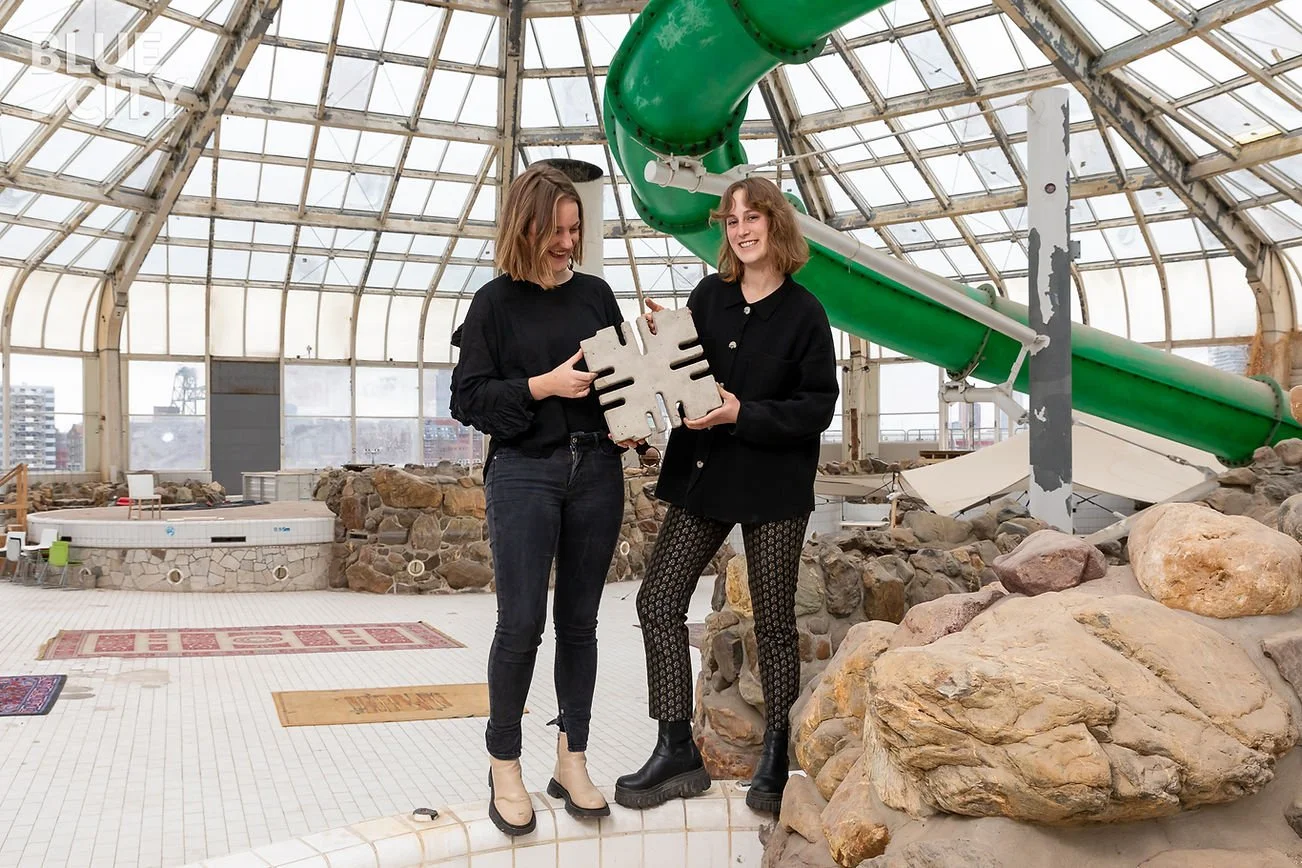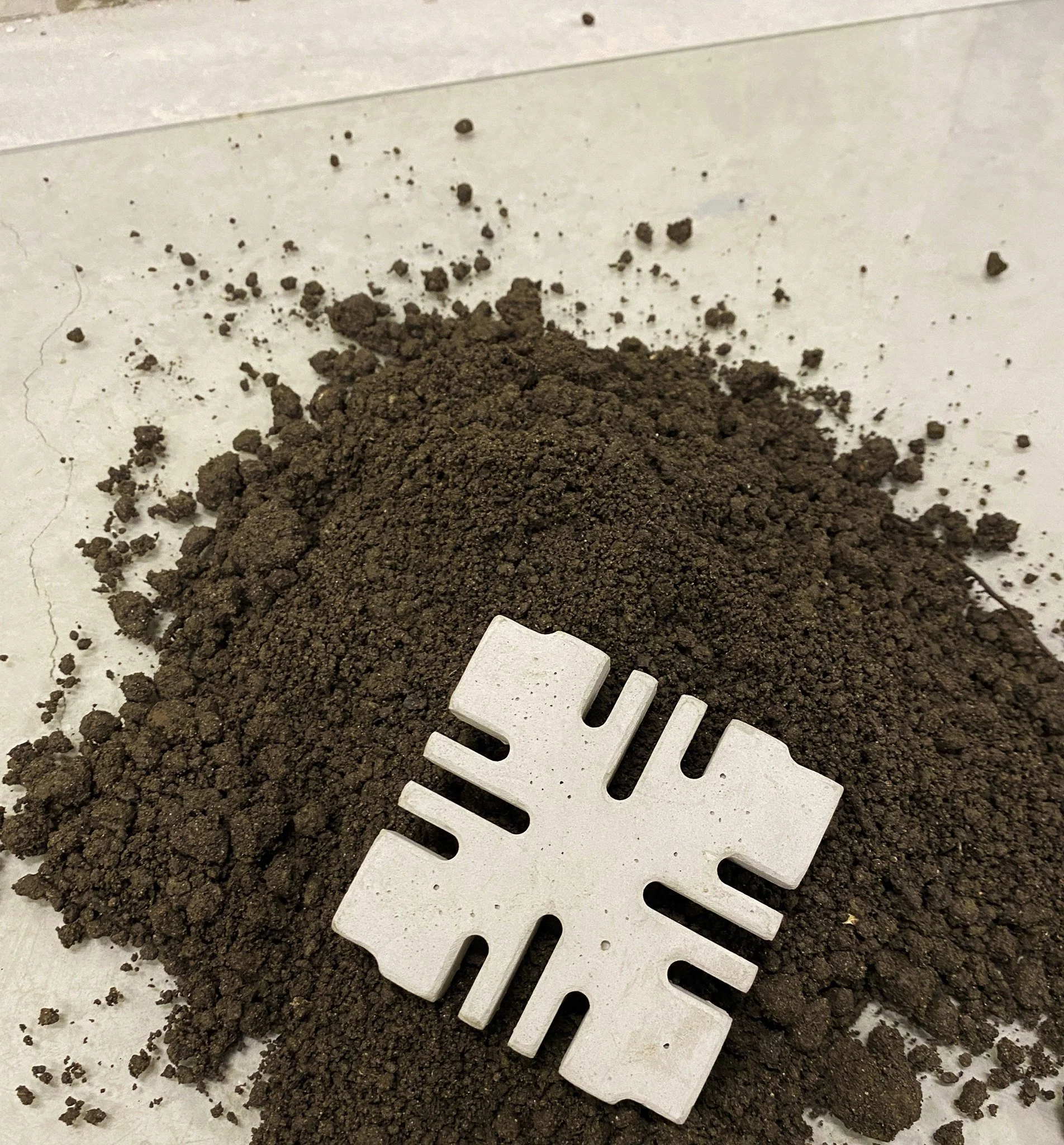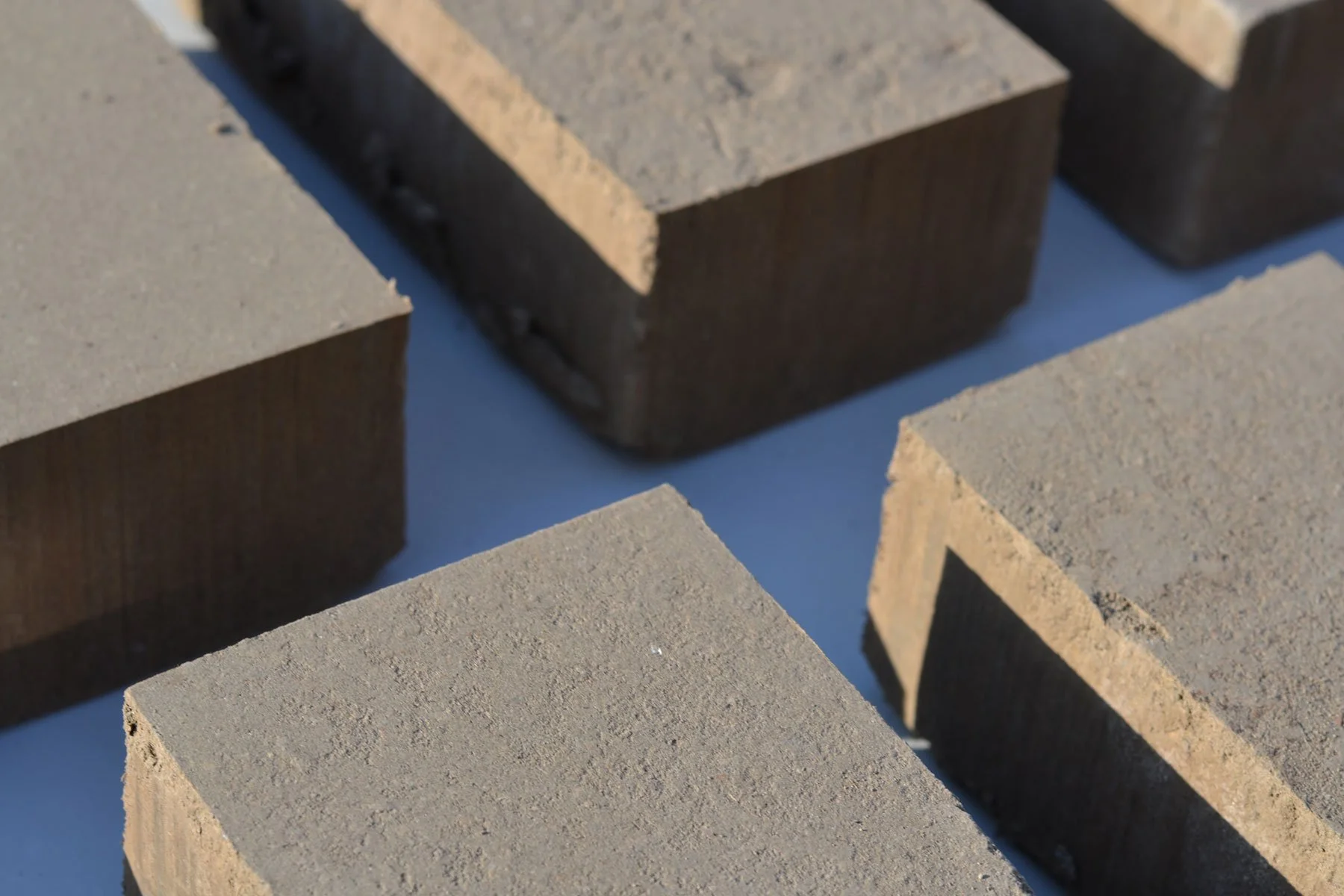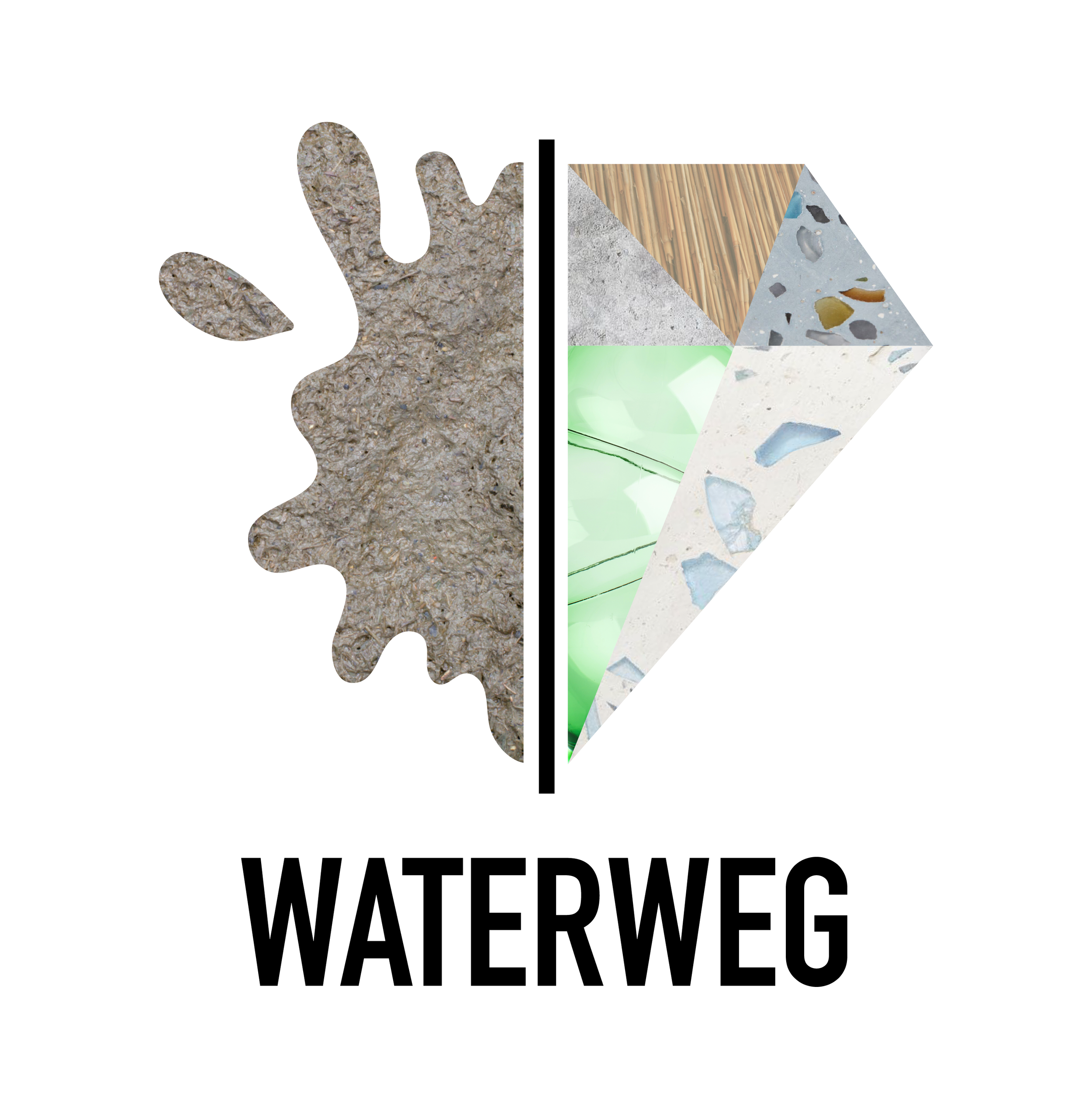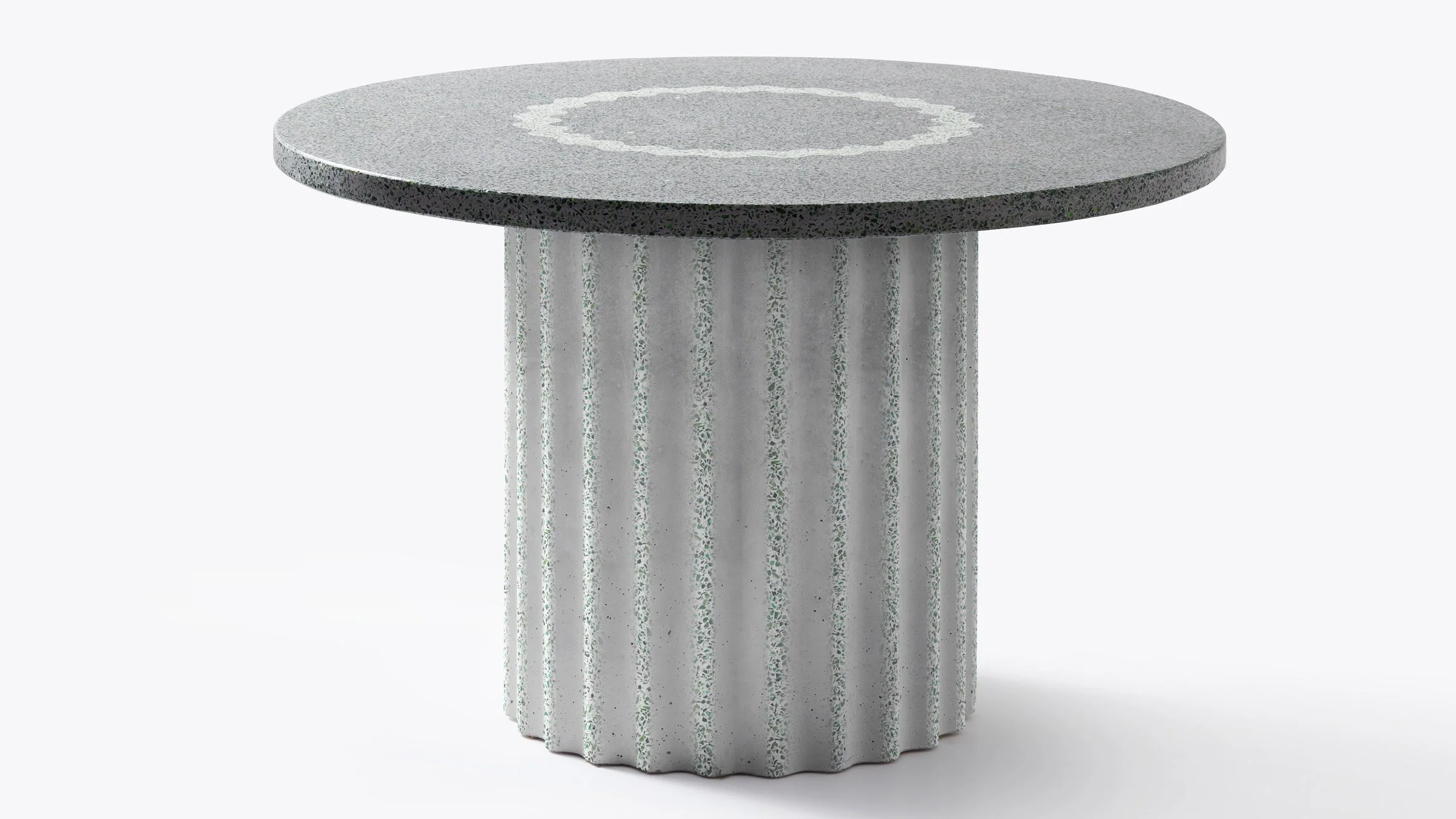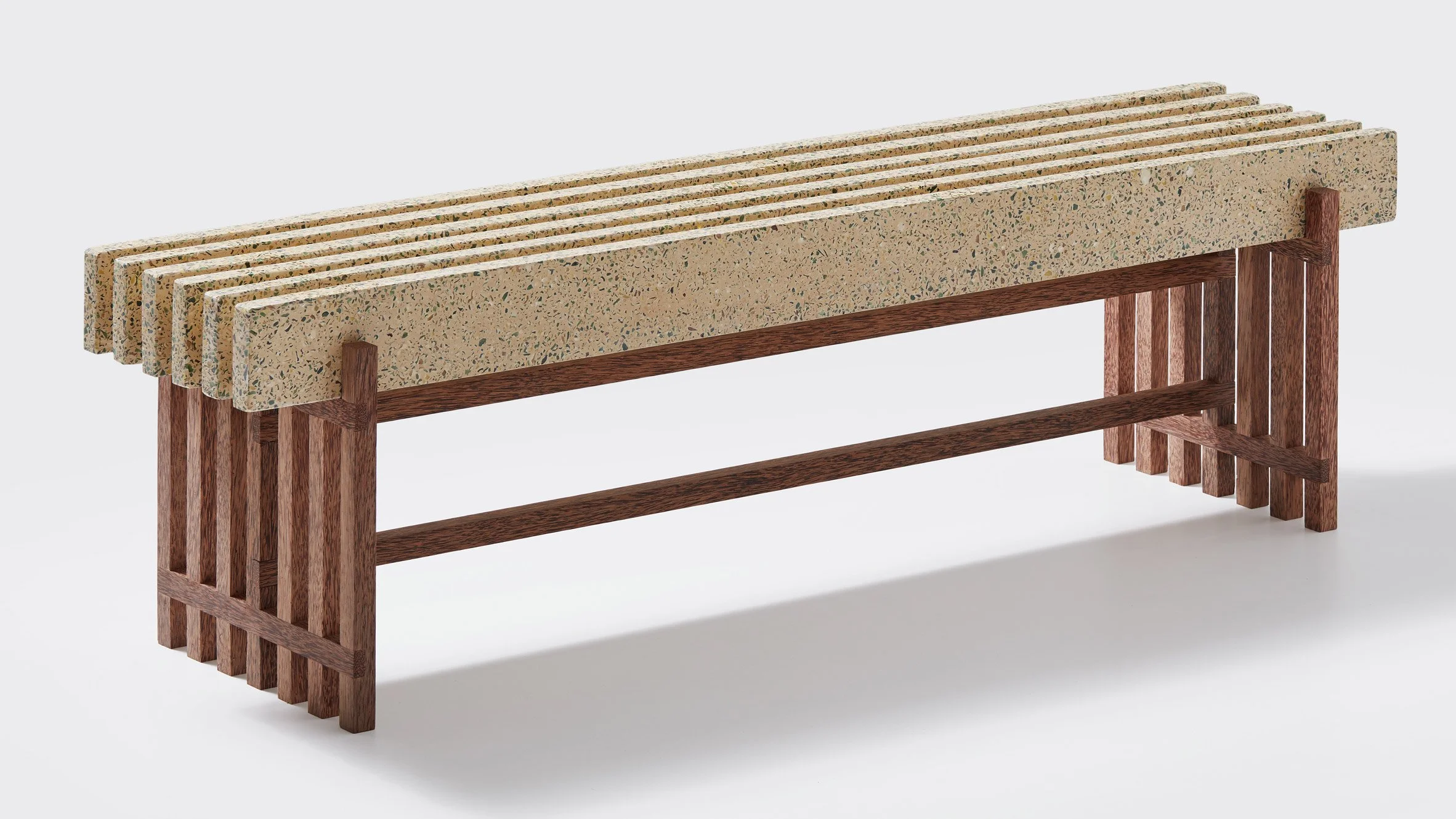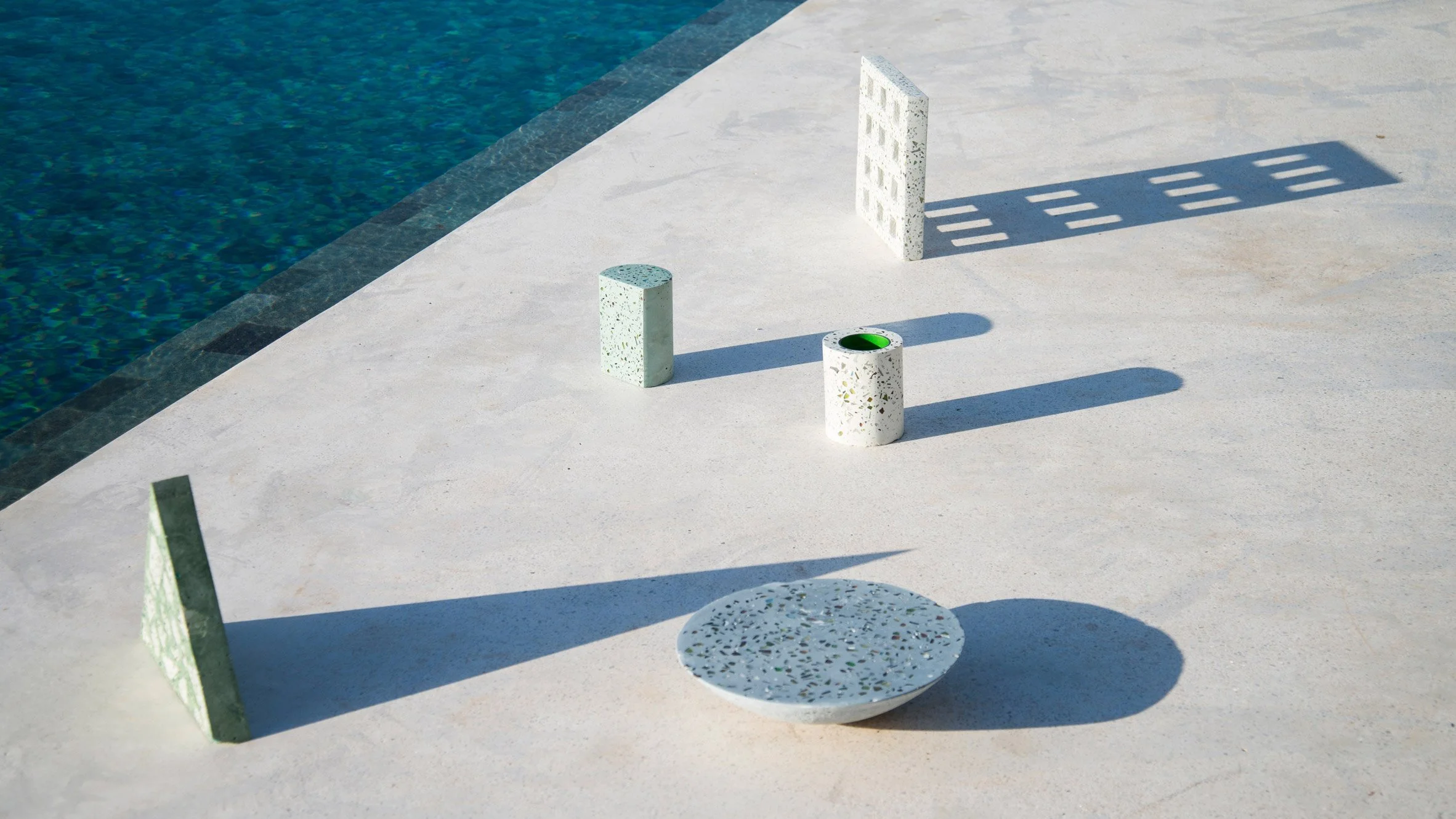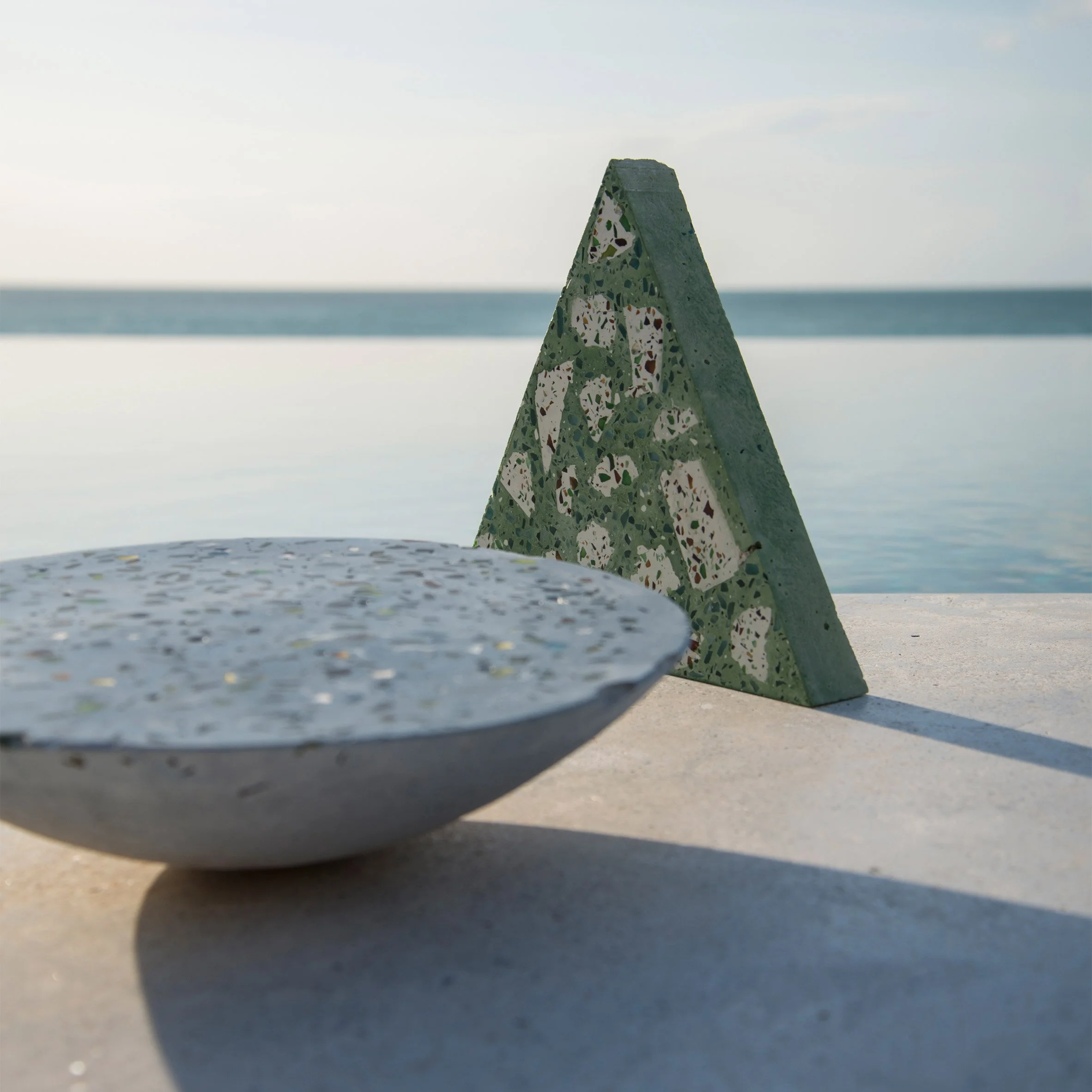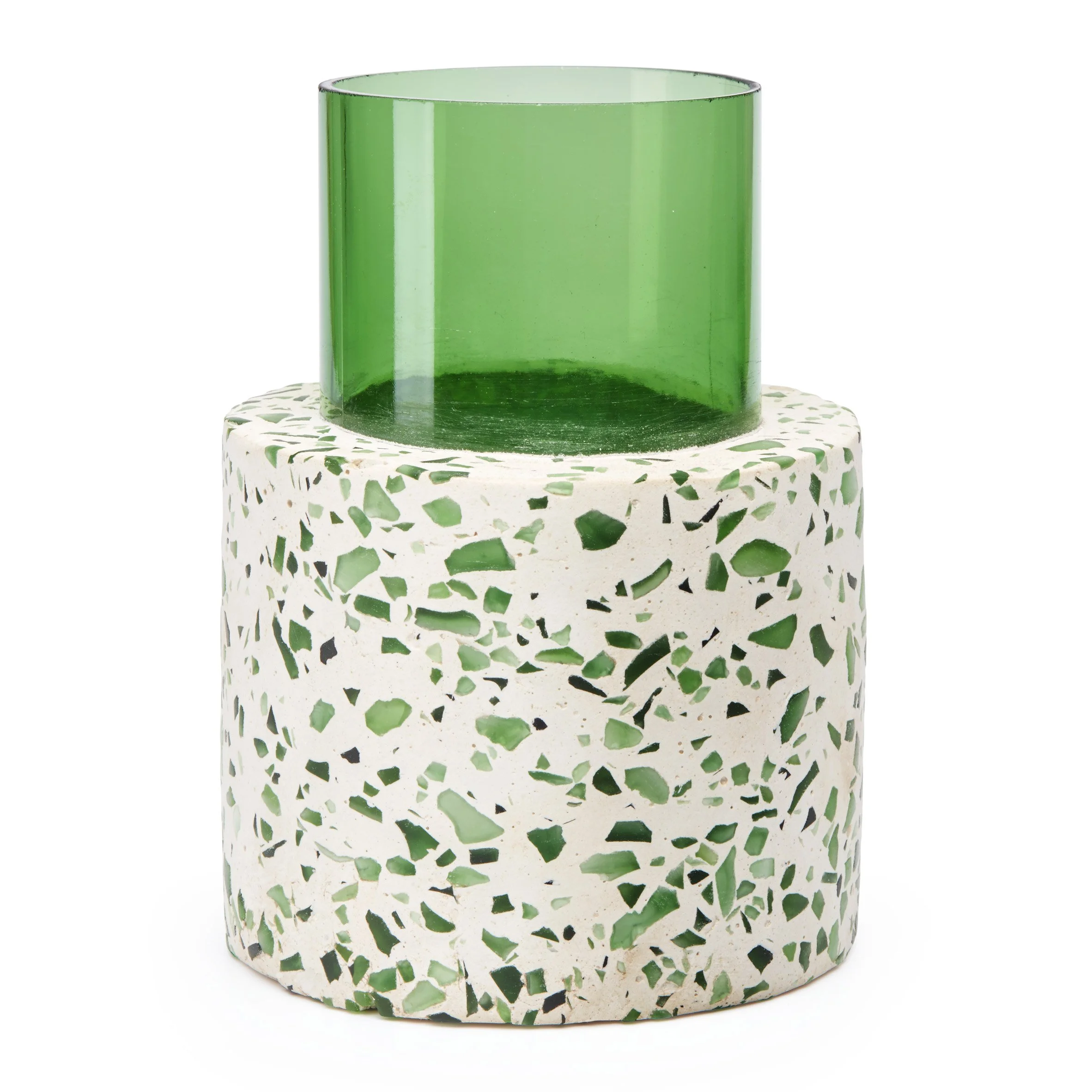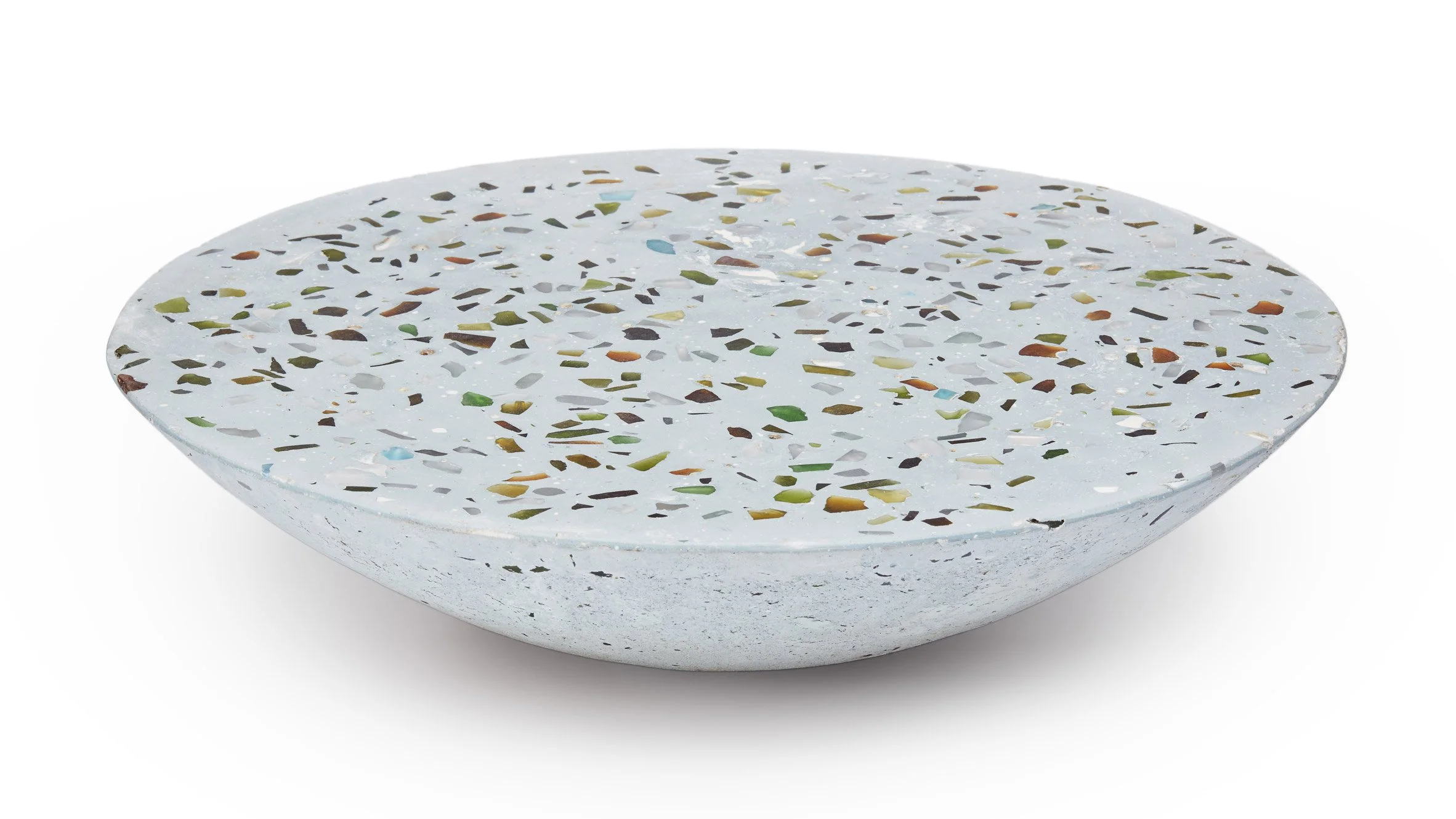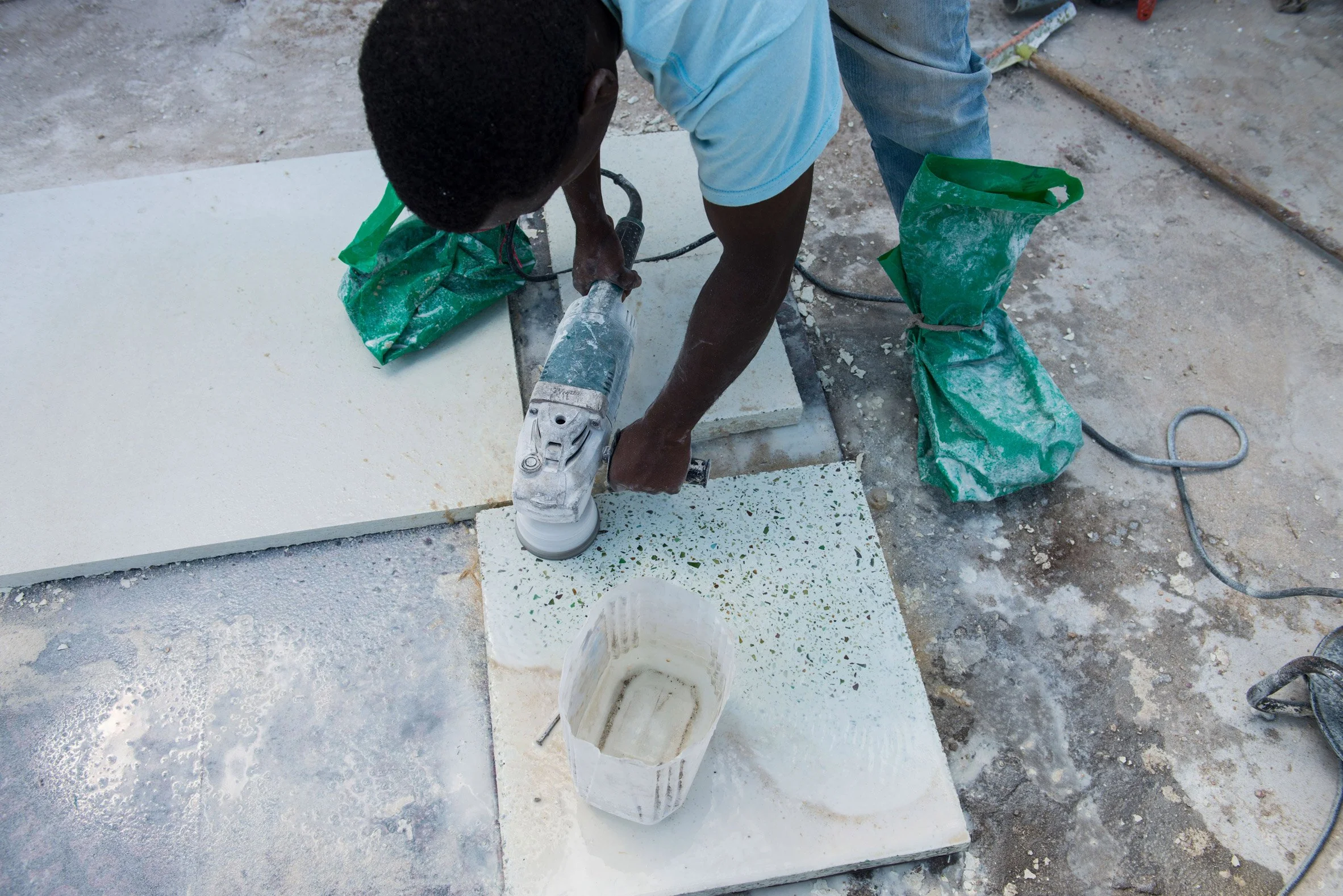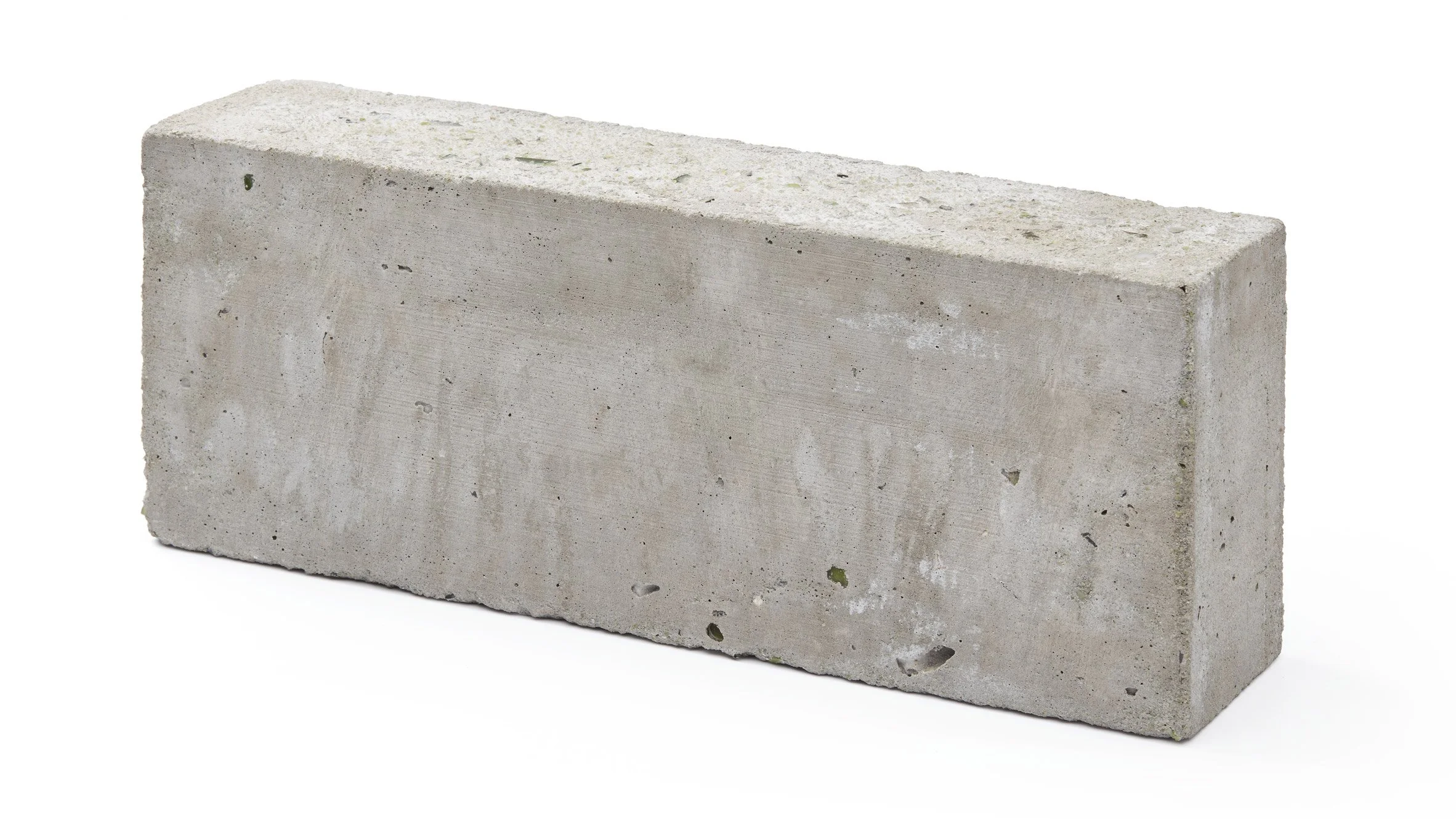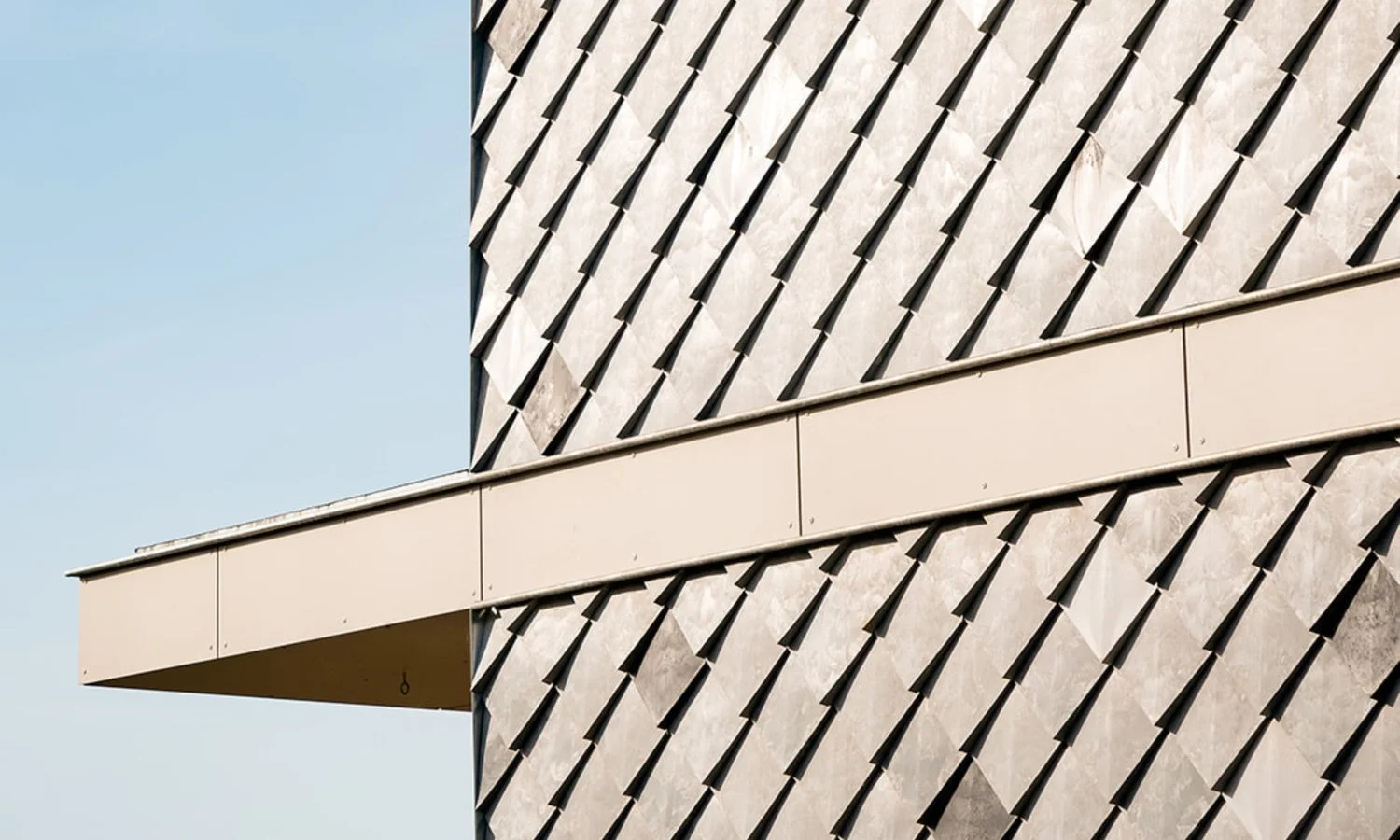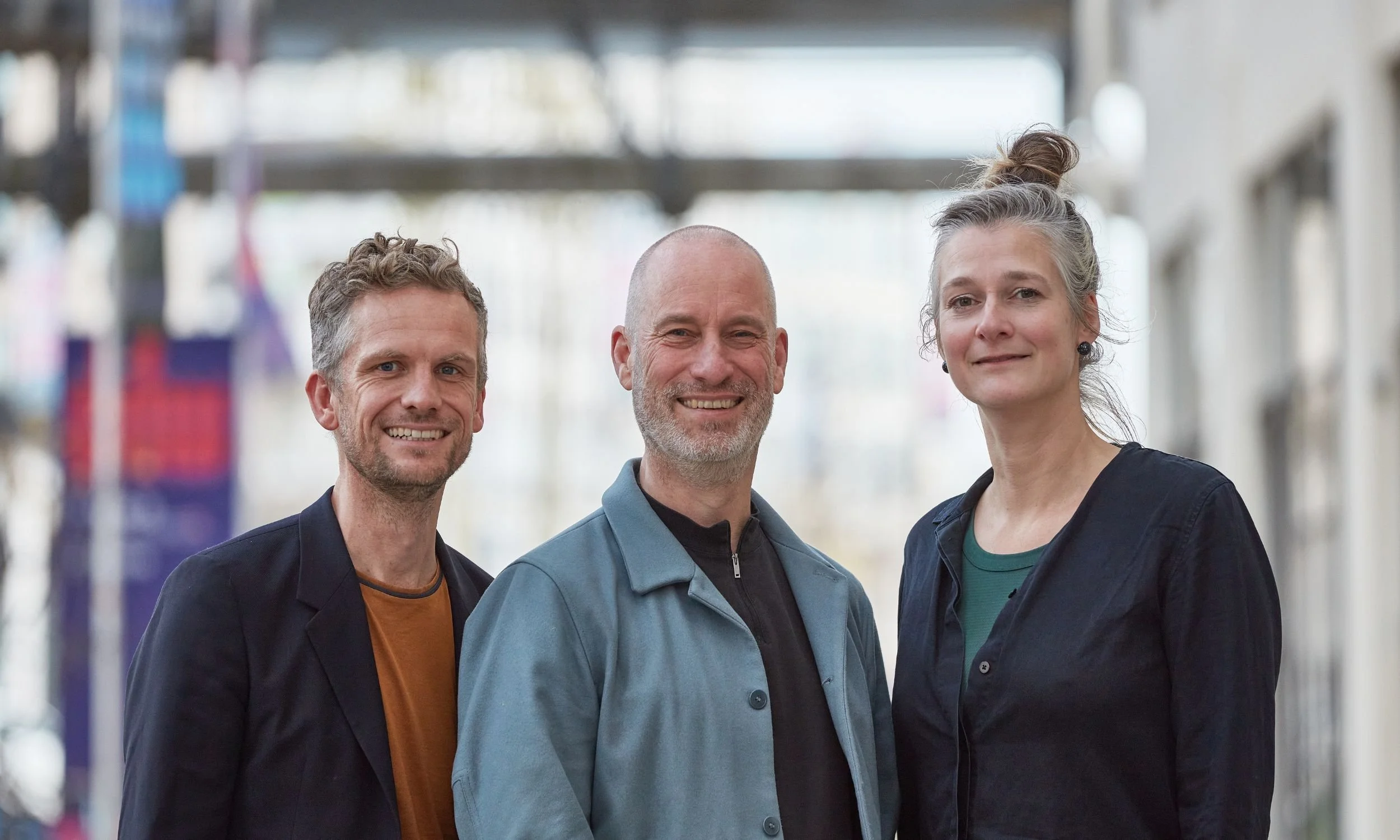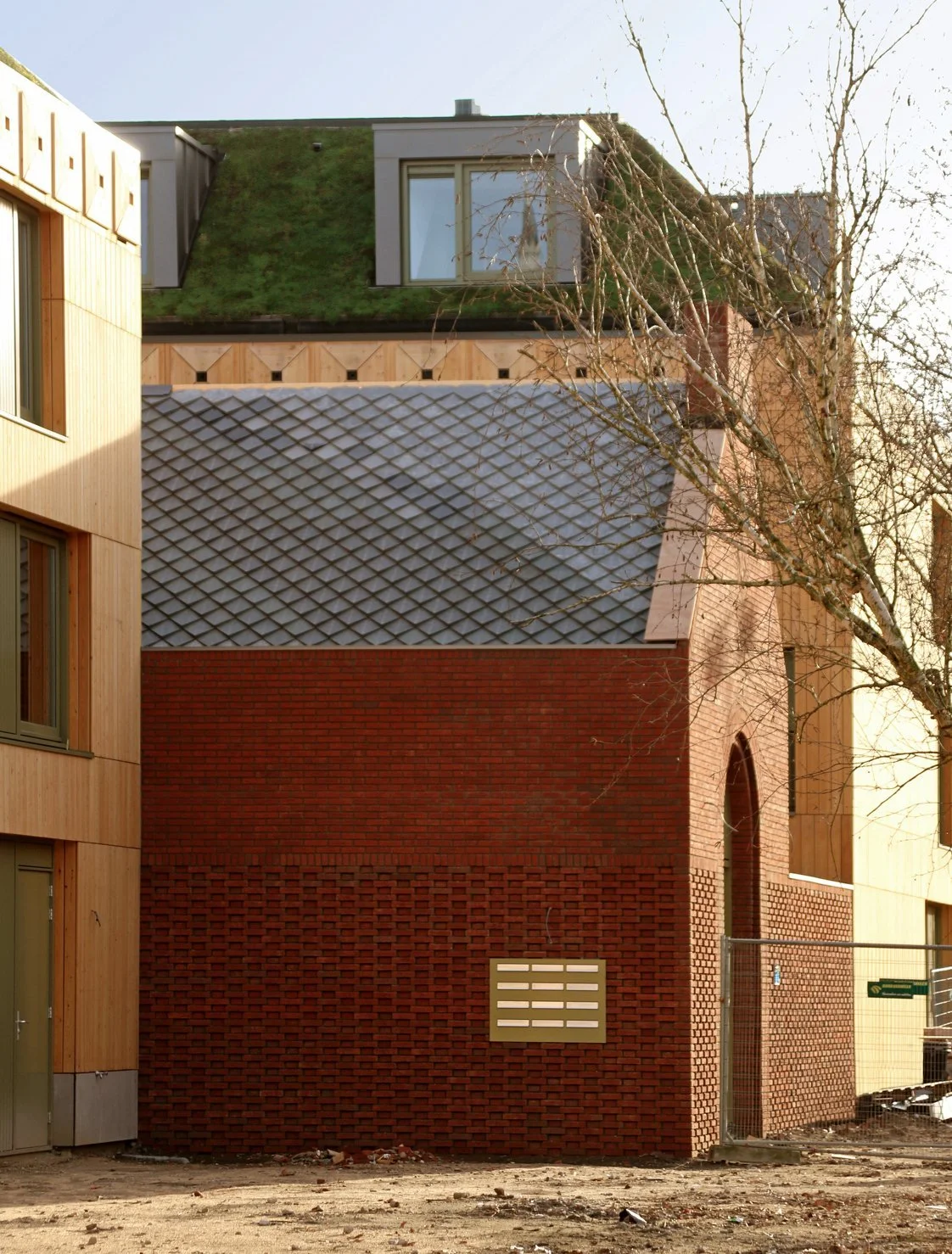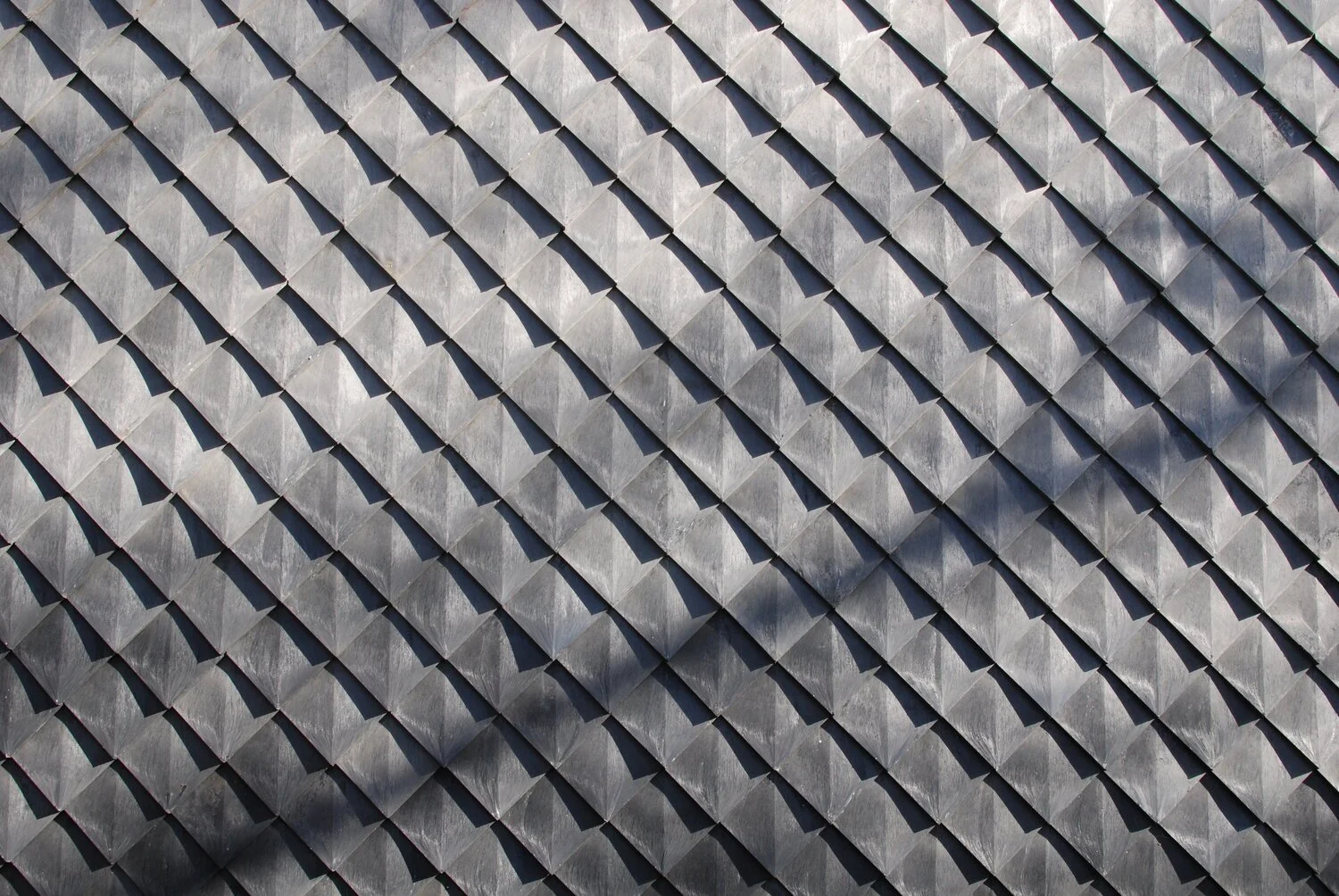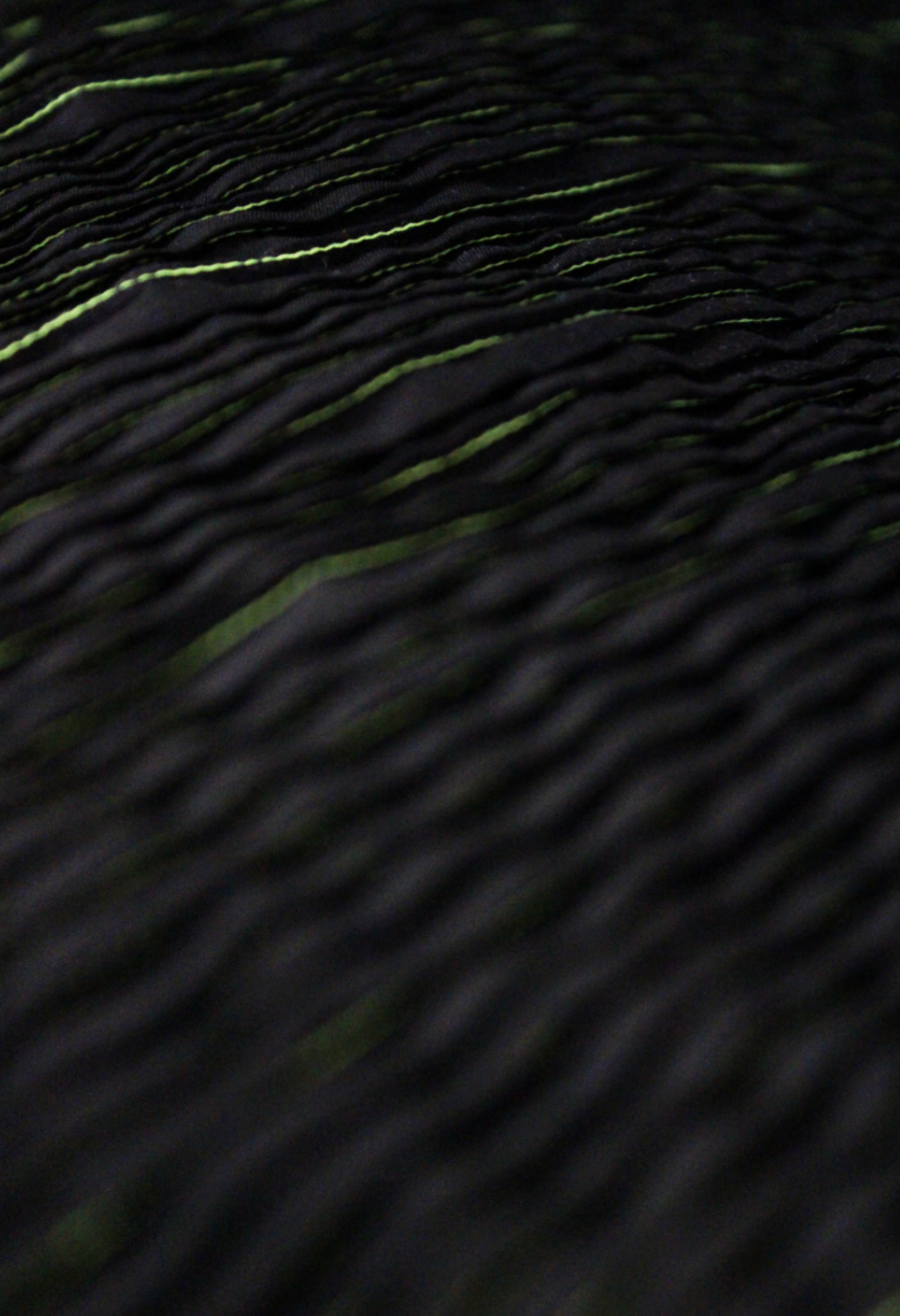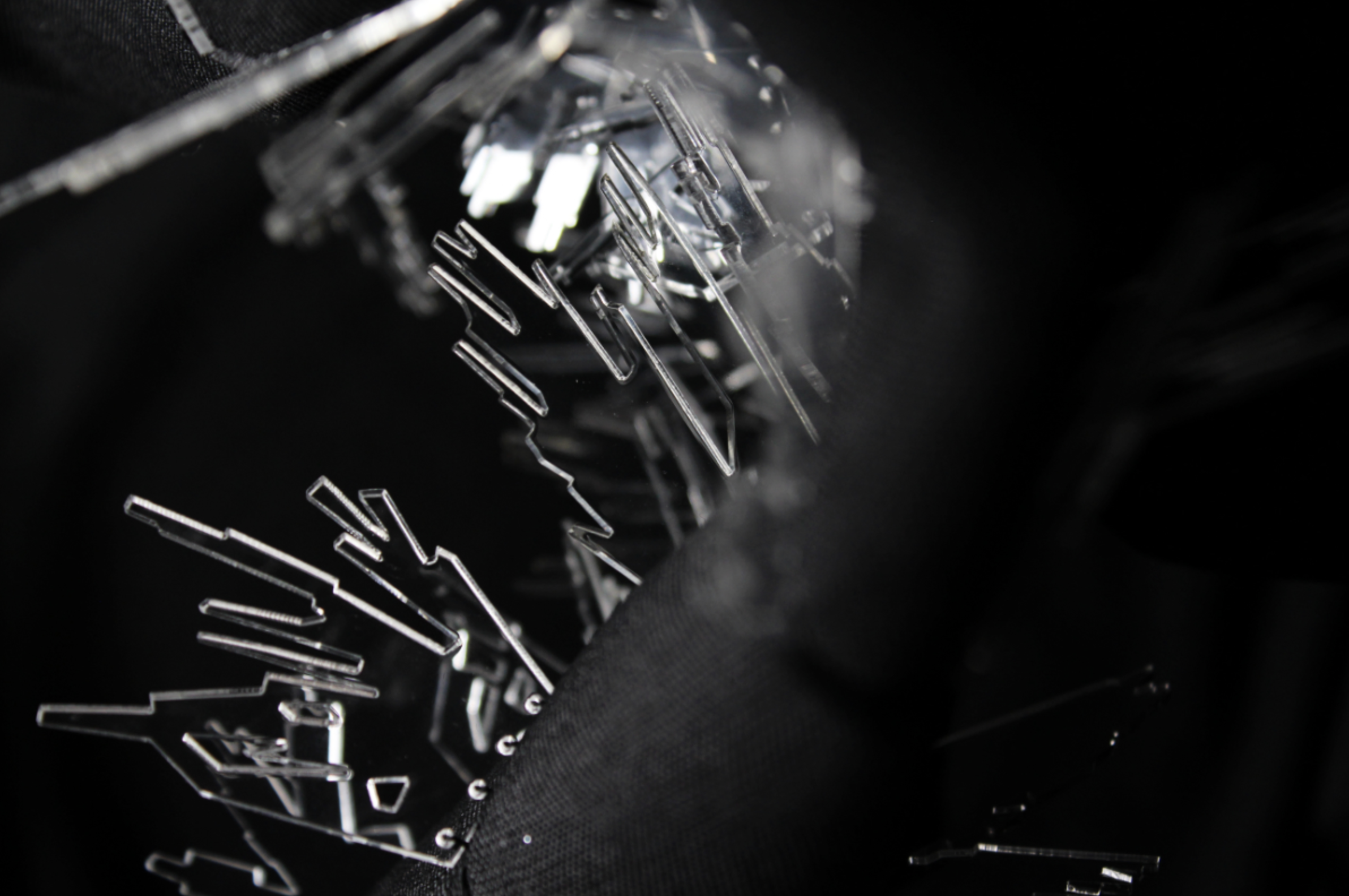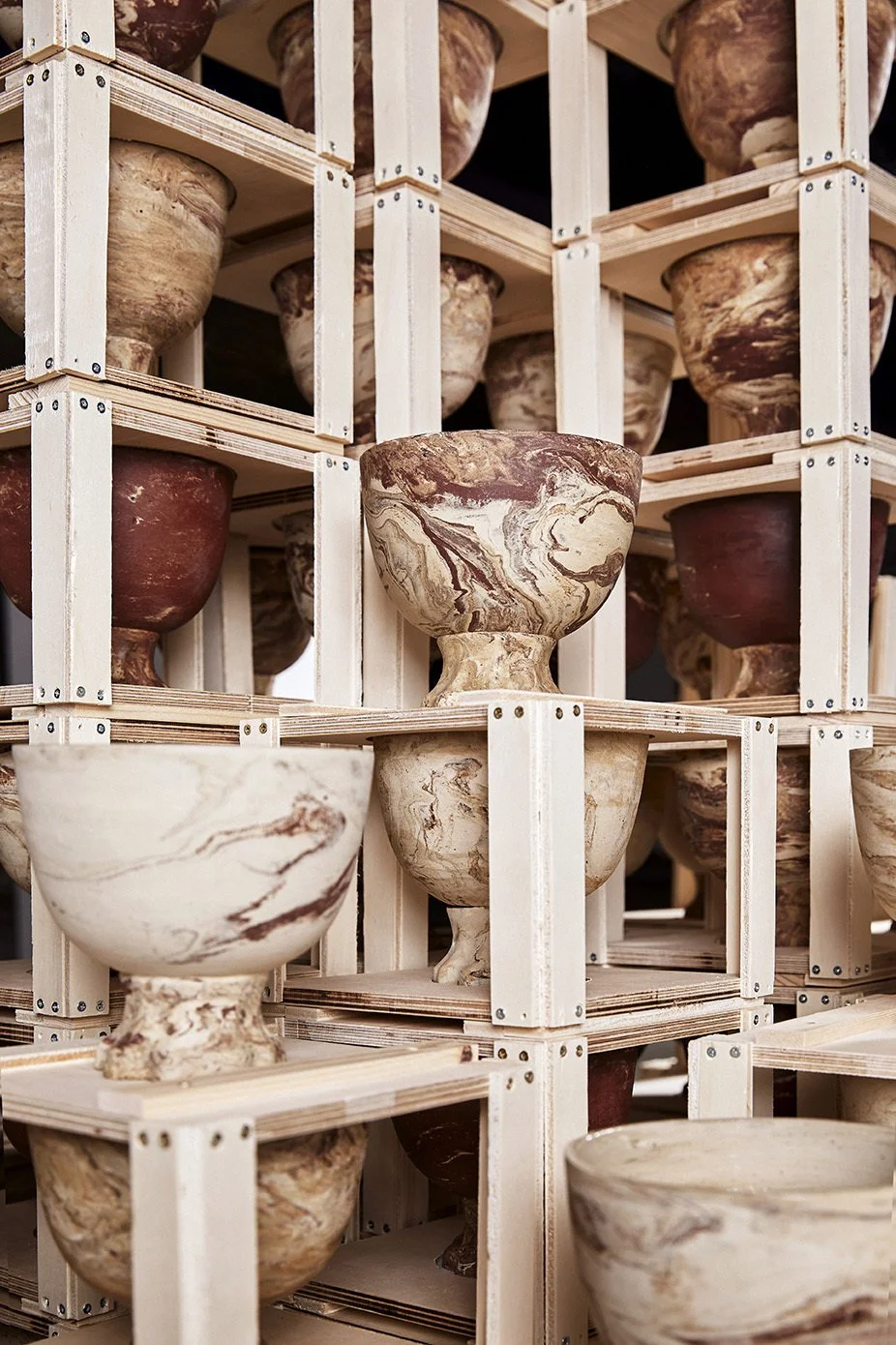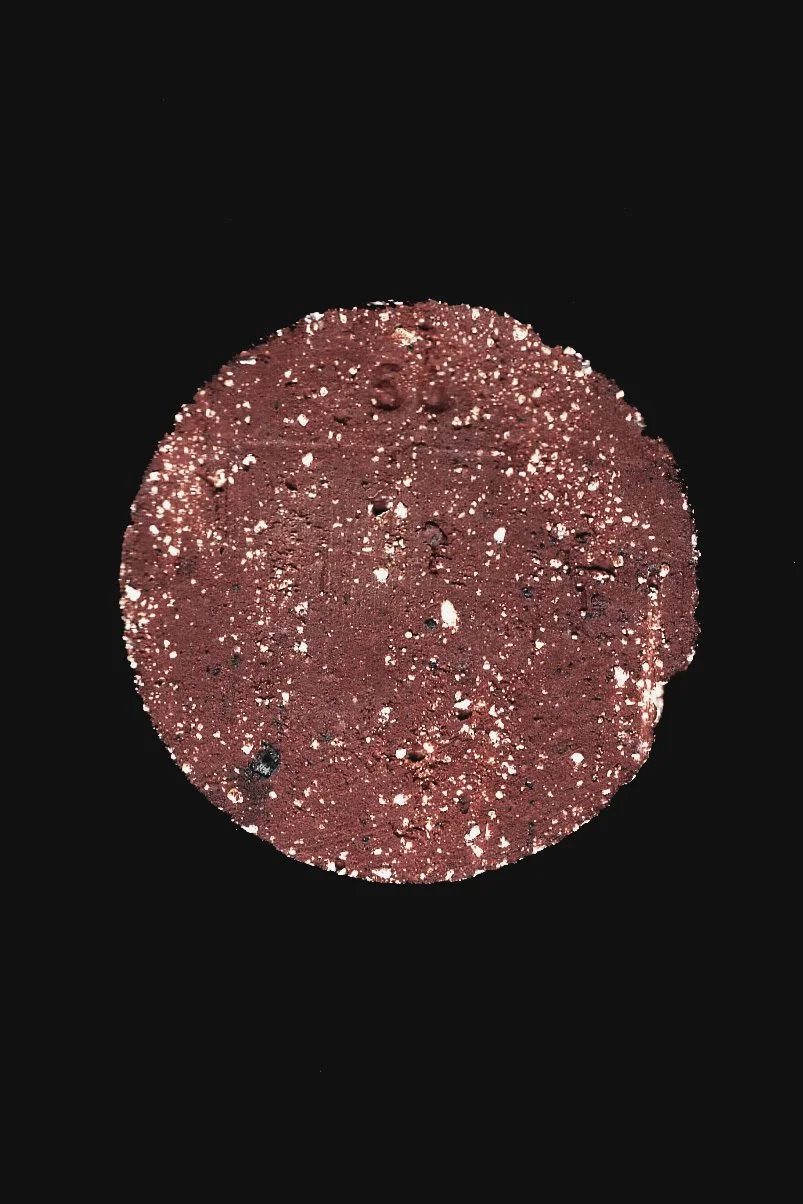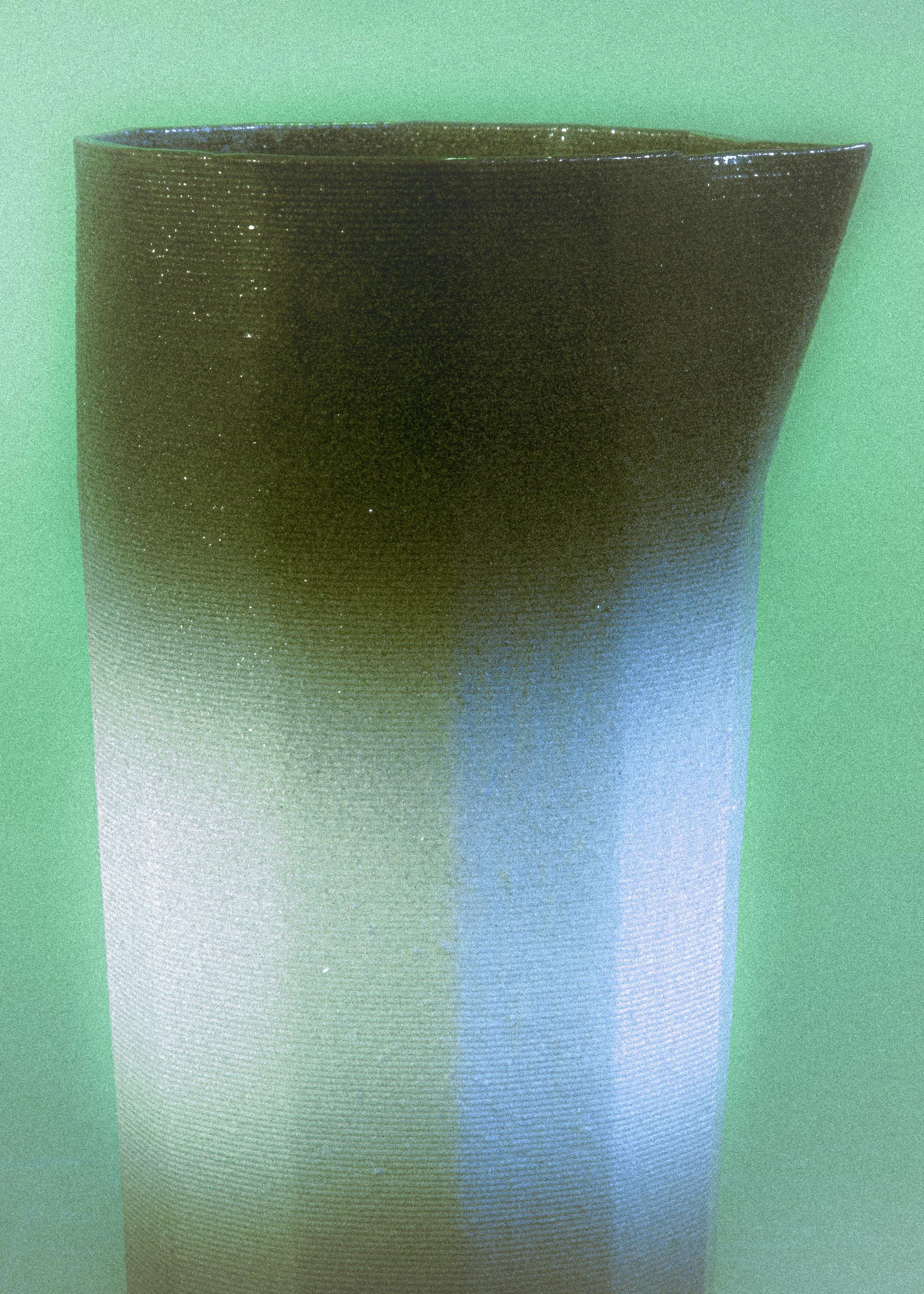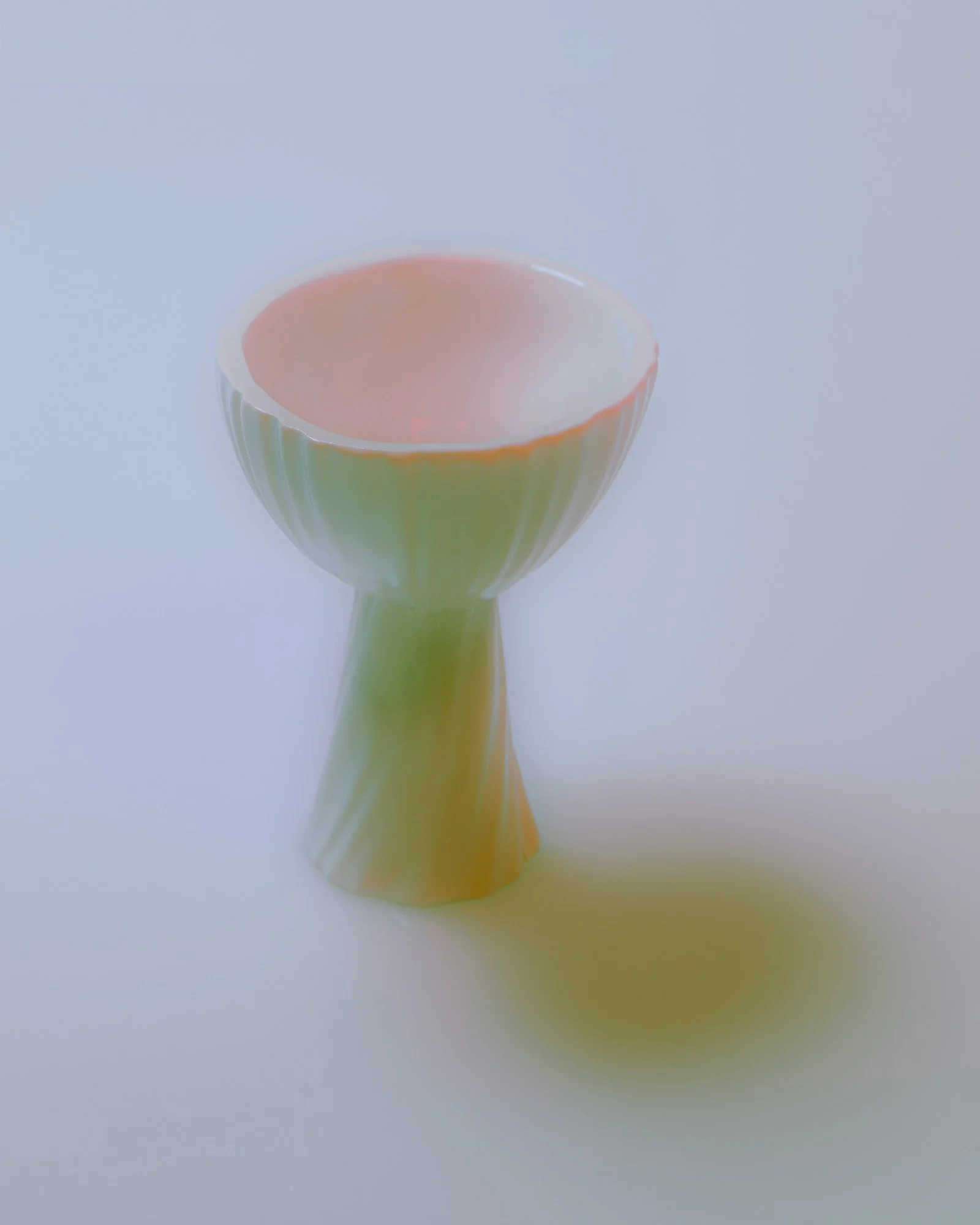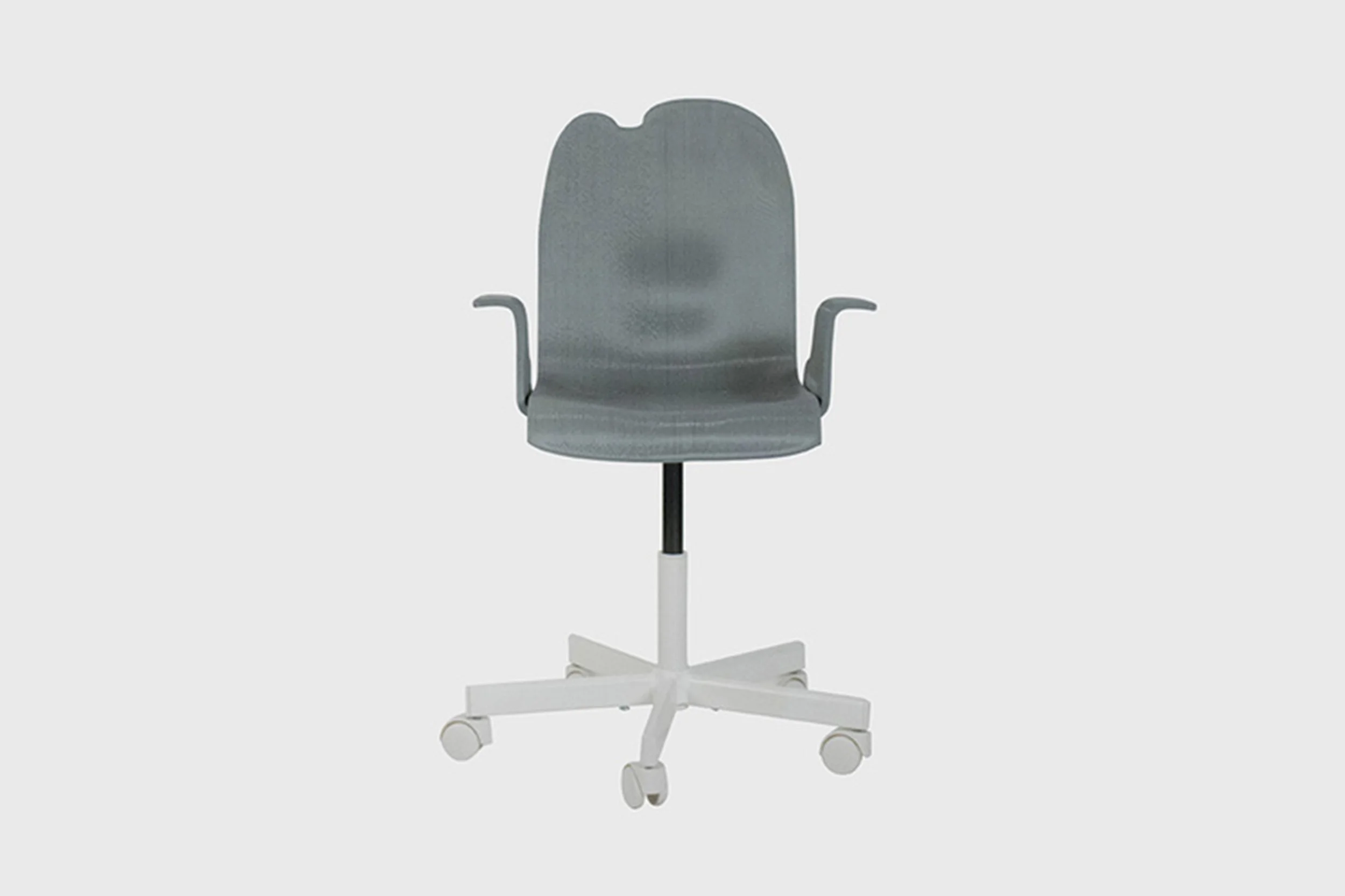 Image 1 of 13
Image 1 of 13

 Image 2 of 13
Image 2 of 13

 Image 3 of 13
Image 3 of 13

 Image 4 of 13
Image 4 of 13

 Image 5 of 13
Image 5 of 13

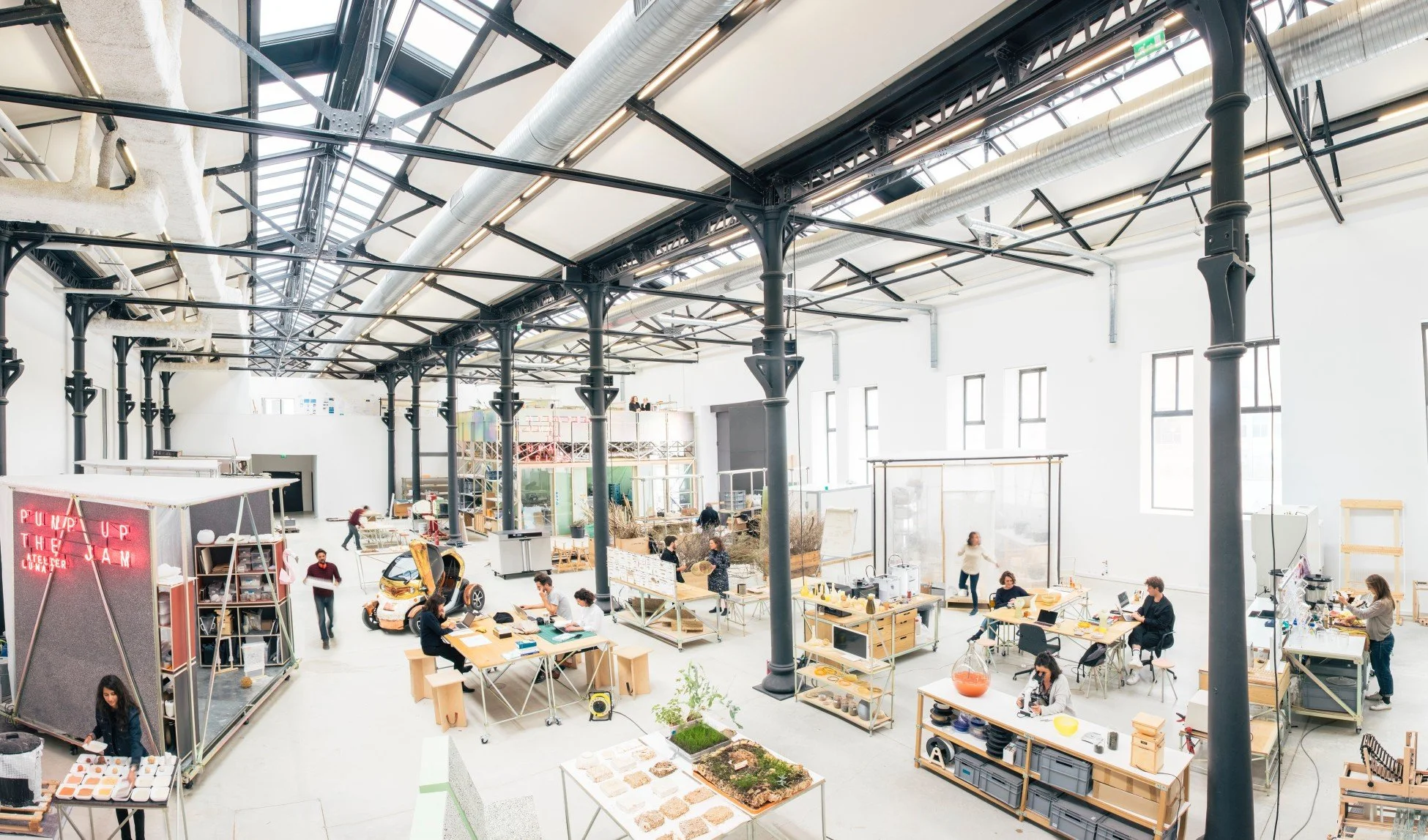 Image 6 of 13
Image 6 of 13

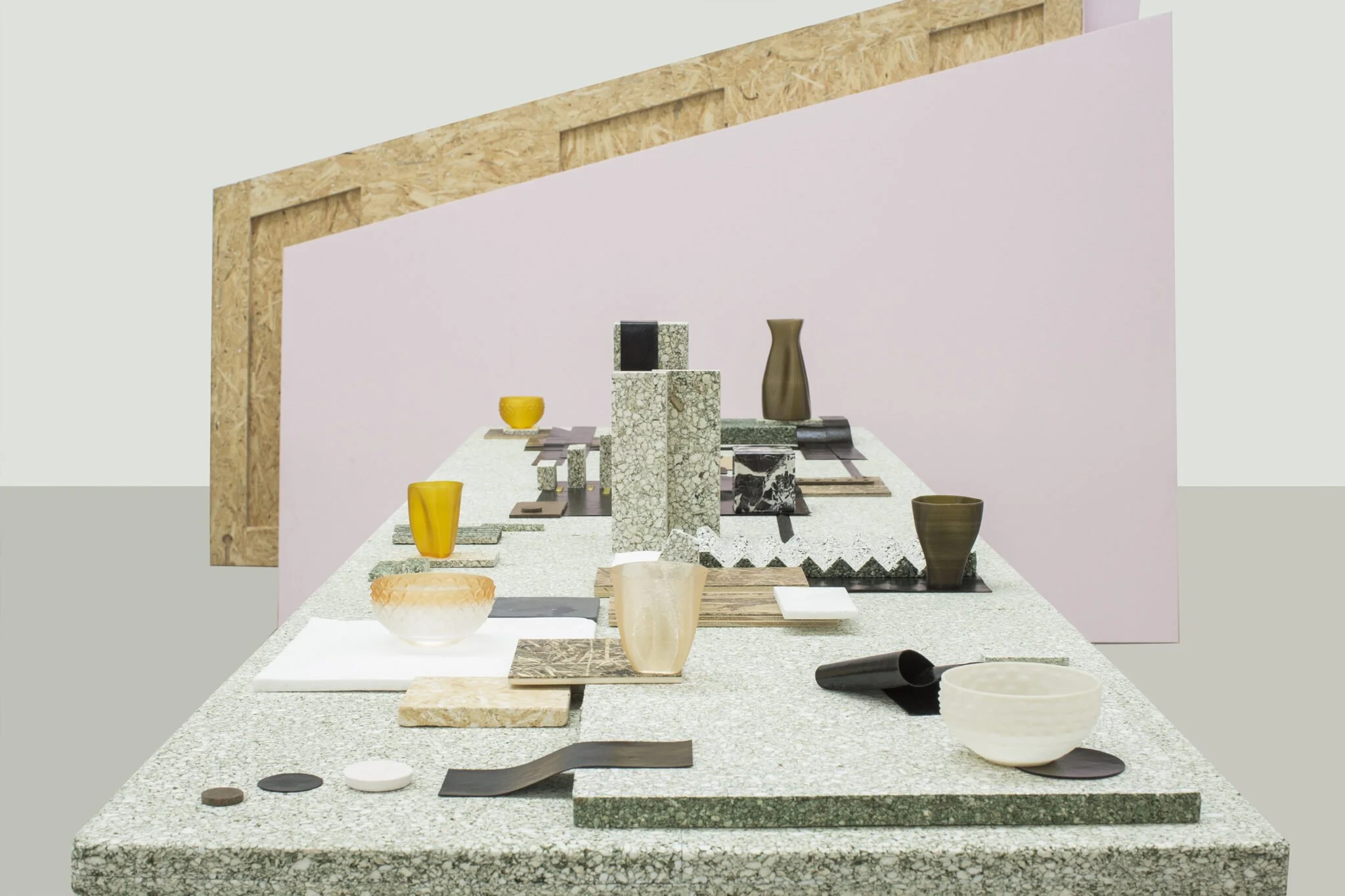 Image 7 of 13
Image 7 of 13

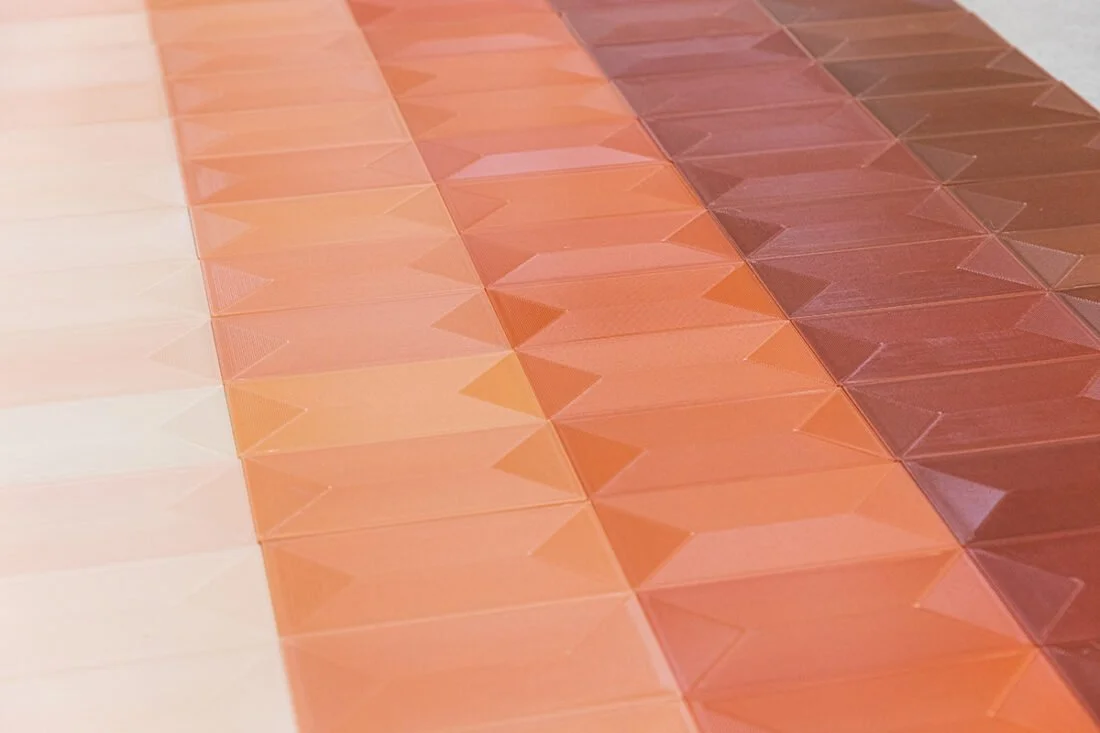 Image 8 of 13
Image 8 of 13

 Image 9 of 13
Image 9 of 13

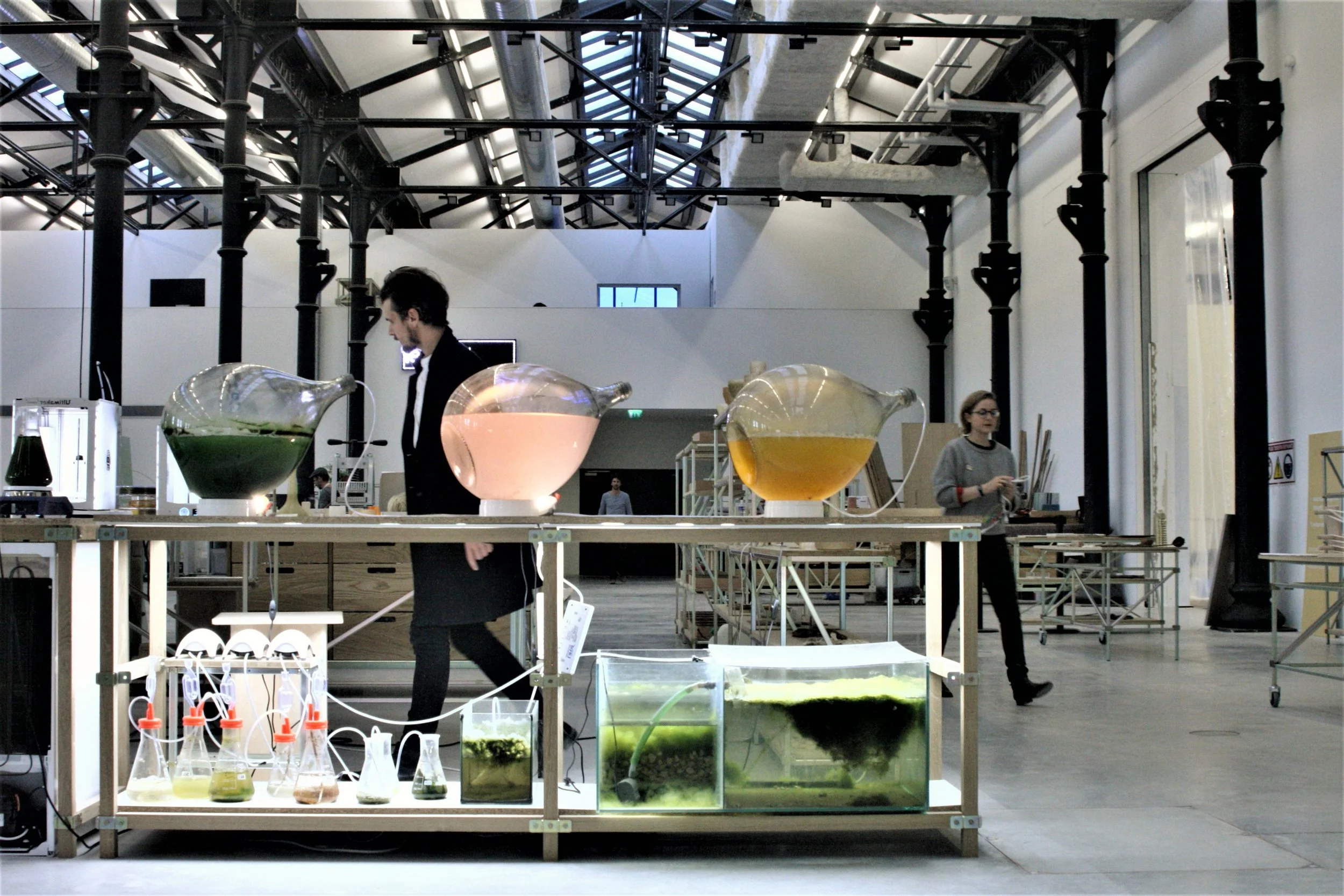 Image 10 of 13
Image 10 of 13

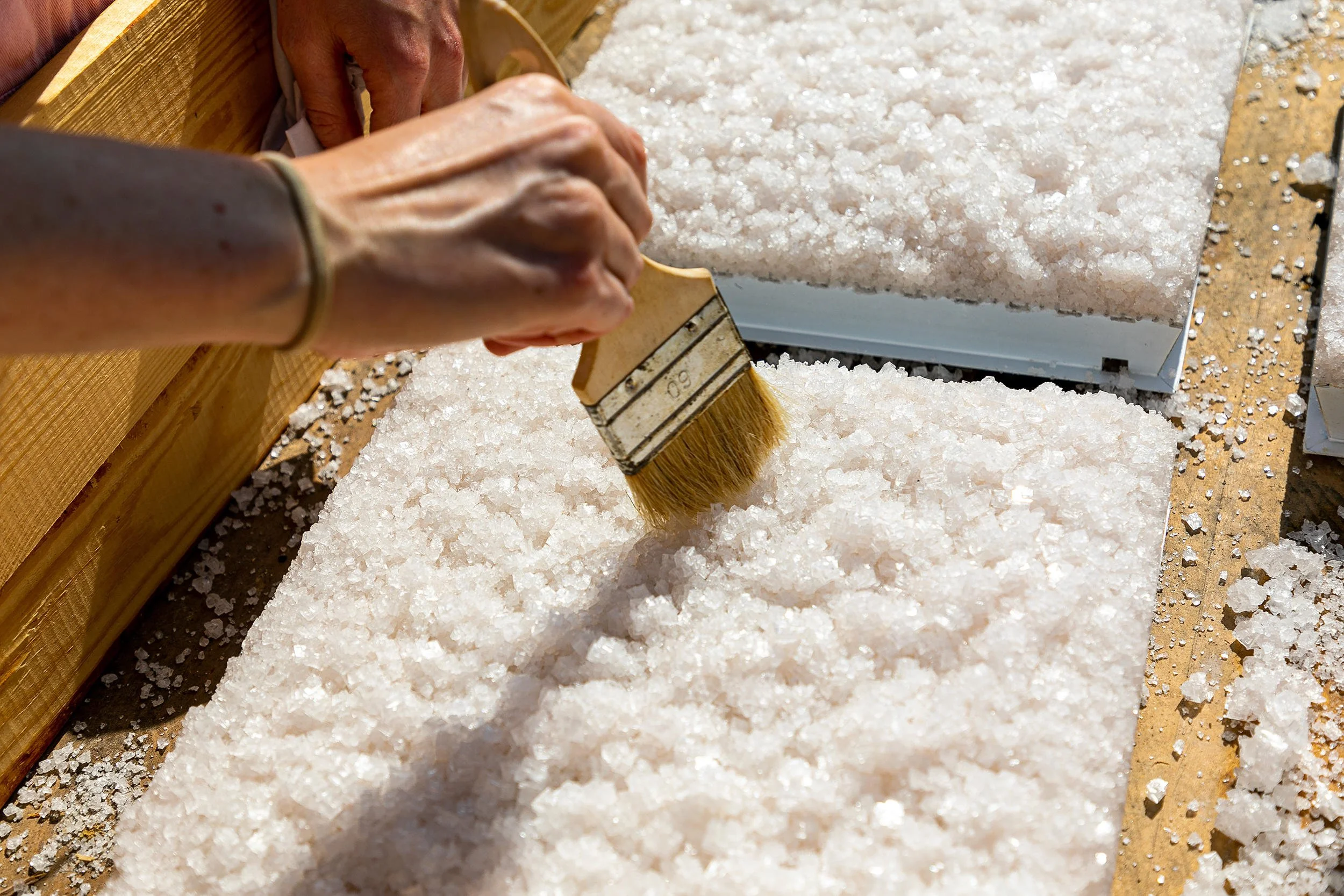 Image 11 of 13
Image 11 of 13

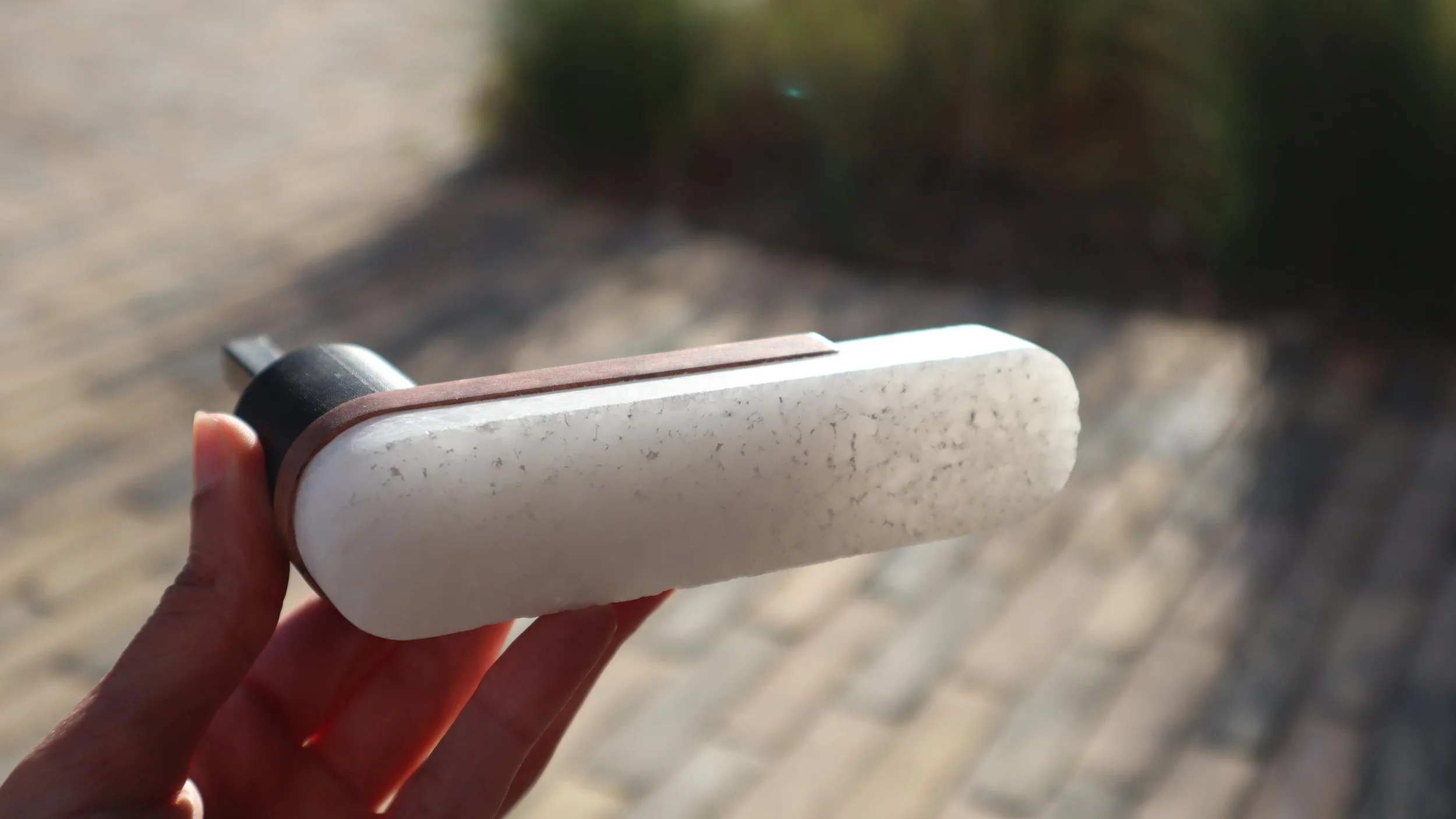 Image 12 of 13
Image 12 of 13

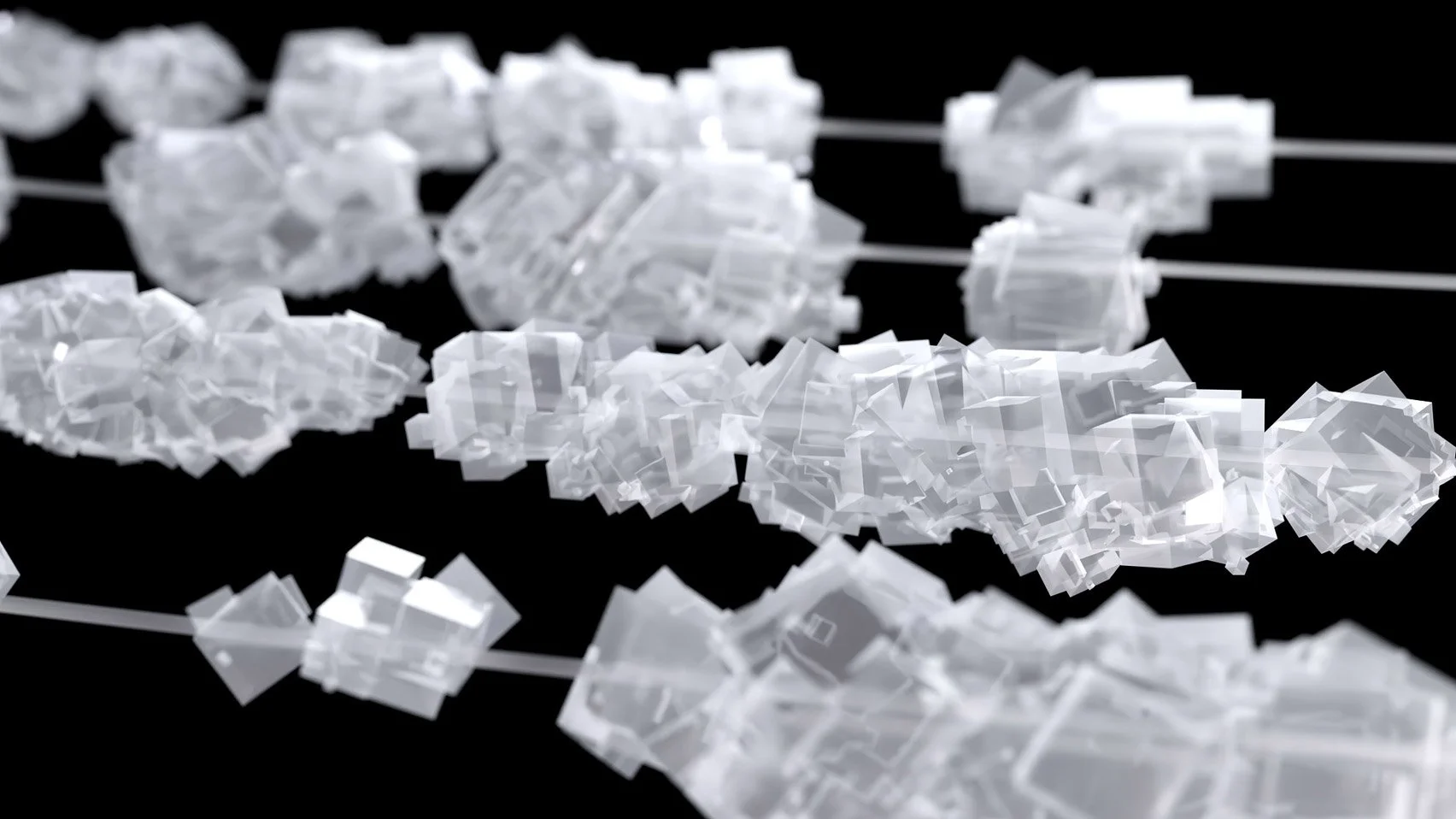 Image 13 of 13
Image 13 of 13














Atelier Luma is a think tank, a producer and a learning network
Atelier LUMA is a design research program founded in 2016 as part of LUMA Arles in France. The atelier was established with the mission to explore sustainable design solutions through innovative material research and local resources. Atelier LUMA's current approach focuses on integrating circular economy principles into design processes, creating products and systems that promote environmental awareness and sustainable practices. Core values include sustainability, innovation, and bioregional design, with a purpose to redefine the relationship between design, materials, and the environment.
Location
Headquarters: Arles, France.
Primary manufacturing/operations locations: Various locations in the Arles-Camargue bioregion.
The Circular Vision
Core circular economy principles: Designing out waste, using local and renewable materials, and creating products that promote environmental awareness and sustainable practices.
Key innovations: Development of materials and products using local resources such as salt, sunflowers, algae, and agricultural by-products. Creation of the "Lot 8" project, a large-scale applied research for bioregional architecture.
Prioritization of local sourcing and closed-loop supply chains: Strong emphasis on using materials from within a 70-kilometer radius of Arles, supporting local economies and minimizing environmental impact.
Pioneering Solutions
Flagship projects: Le Magasin Électrique renovation (incorporating various bio-based materials), salt-based wall cladding for The Tower at LUMA Arles, bioplastic tiles made from algae and invasive plants, and furniture made from rice straw and Arles merino wool.
The Regenerative Future
R&D focus areas: Advancing sustainable material development techniques, exploring new applications for local resources, and developing solutions that further reduce waste and energy consumption in design and production processes.
Ambitious goals: To lead the design industry in sustainable practices, create zero-waste products and buildings, and inspire a shift towards a regenerative approach to design and environmental stewardship globally.
Fact Sheet
Commercial Availability: Design services and products available through collaborations, exhibitions, and partnerships with cultural institutions and businesses.
Circularity Rating: 5/5 (Strong focus on integrating circular economy principles and bioregional design).
Material Passport: Detailed use of local and renewable materials in projects, with emphasis on their environmental and cultural significance.
Designed for Disassembly: Yes, many projects focus on biodegradability and material reuse.
Carbon Performance: Focus on reducing carbon footprint through the use of local materials and sustainable production methods. Specific carbon metrics not provided.
Key Takeaway
Atelier LUMA transforms the design industry through innovative use of local and renewable materials, setting a benchmark for environmental responsibility and bioregional innovation in contemporary design.
Explore Further
Atelier LUMA website: https://atelier-luma.org
Atelier LUMA is a design research program founded in 2016 as part of LUMA Arles in France. The atelier was established with the mission to explore sustainable design solutions through innovative material research and local resources. Atelier LUMA's current approach focuses on integrating circular economy principles into design processes, creating products and systems that promote environmental awareness and sustainable practices. Core values include sustainability, innovation, and bioregional design, with a purpose to redefine the relationship between design, materials, and the environment.
Location
Headquarters: Arles, France.
Primary manufacturing/operations locations: Various locations in the Arles-Camargue bioregion.
The Circular Vision
Core circular economy principles: Designing out waste, using local and renewable materials, and creating products that promote environmental awareness and sustainable practices.
Key innovations: Development of materials and products using local resources such as salt, sunflowers, algae, and agricultural by-products. Creation of the "Lot 8" project, a large-scale applied research for bioregional architecture.
Prioritization of local sourcing and closed-loop supply chains: Strong emphasis on using materials from within a 70-kilometer radius of Arles, supporting local economies and minimizing environmental impact.
Pioneering Solutions
Flagship projects: Le Magasin Électrique renovation (incorporating various bio-based materials), salt-based wall cladding for The Tower at LUMA Arles, bioplastic tiles made from algae and invasive plants, and furniture made from rice straw and Arles merino wool.
The Regenerative Future
R&D focus areas: Advancing sustainable material development techniques, exploring new applications for local resources, and developing solutions that further reduce waste and energy consumption in design and production processes.
Ambitious goals: To lead the design industry in sustainable practices, create zero-waste products and buildings, and inspire a shift towards a regenerative approach to design and environmental stewardship globally.
Fact Sheet
Commercial Availability: Design services and products available through collaborations, exhibitions, and partnerships with cultural institutions and businesses.
Circularity Rating: 5/5 (Strong focus on integrating circular economy principles and bioregional design).
Material Passport: Detailed use of local and renewable materials in projects, with emphasis on their environmental and cultural significance.
Designed for Disassembly: Yes, many projects focus on biodegradability and material reuse.
Carbon Performance: Focus on reducing carbon footprint through the use of local materials and sustainable production methods. Specific carbon metrics not provided.
Key Takeaway
Atelier LUMA transforms the design industry through innovative use of local and renewable materials, setting a benchmark for environmental responsibility and bioregional innovation in contemporary design.
Explore Further
Atelier LUMA website: https://atelier-luma.org
